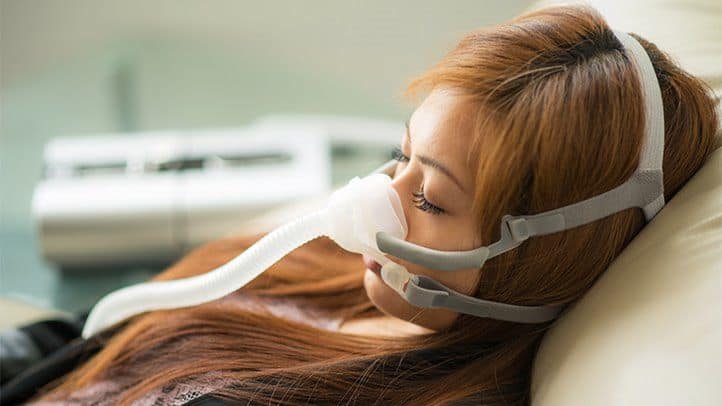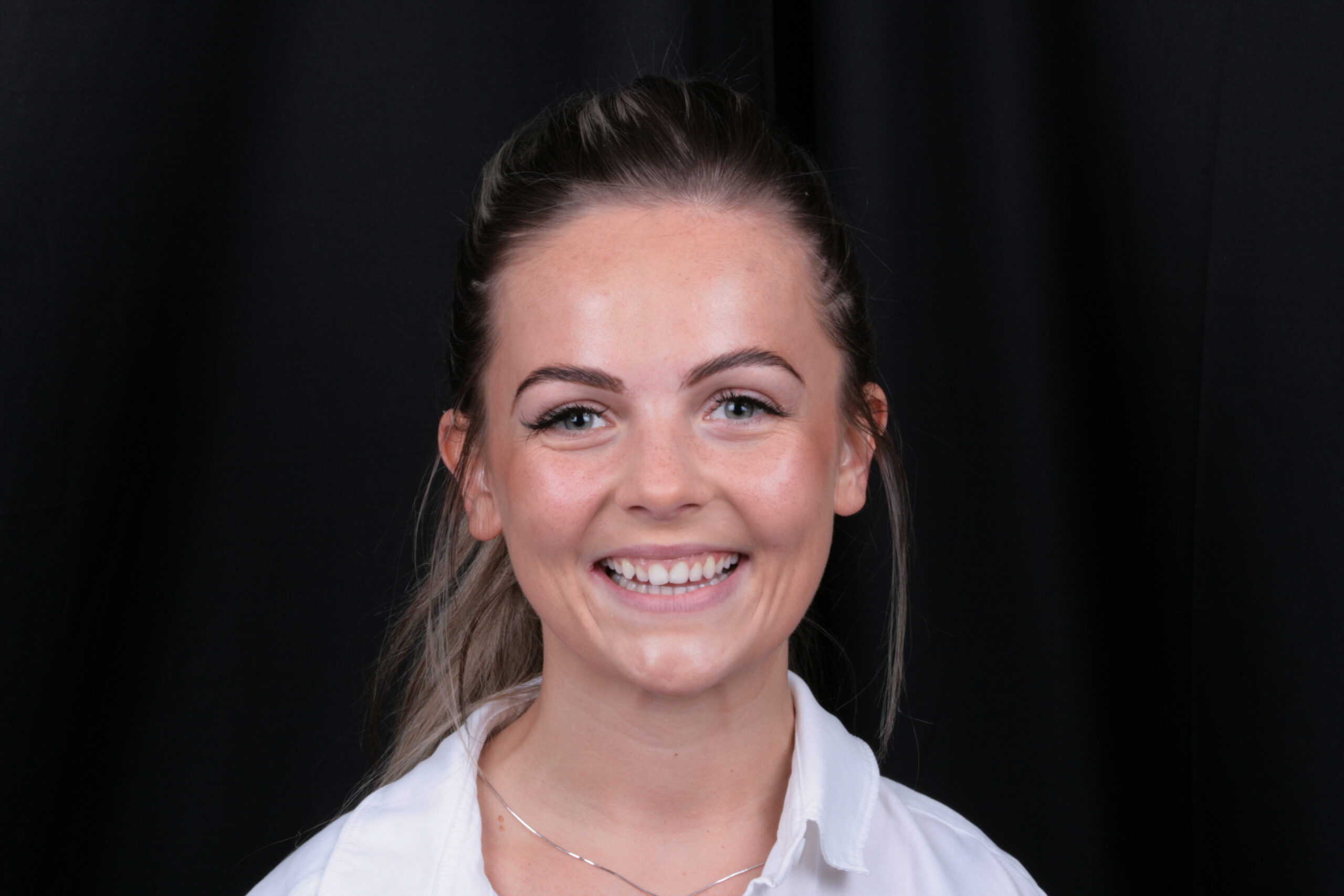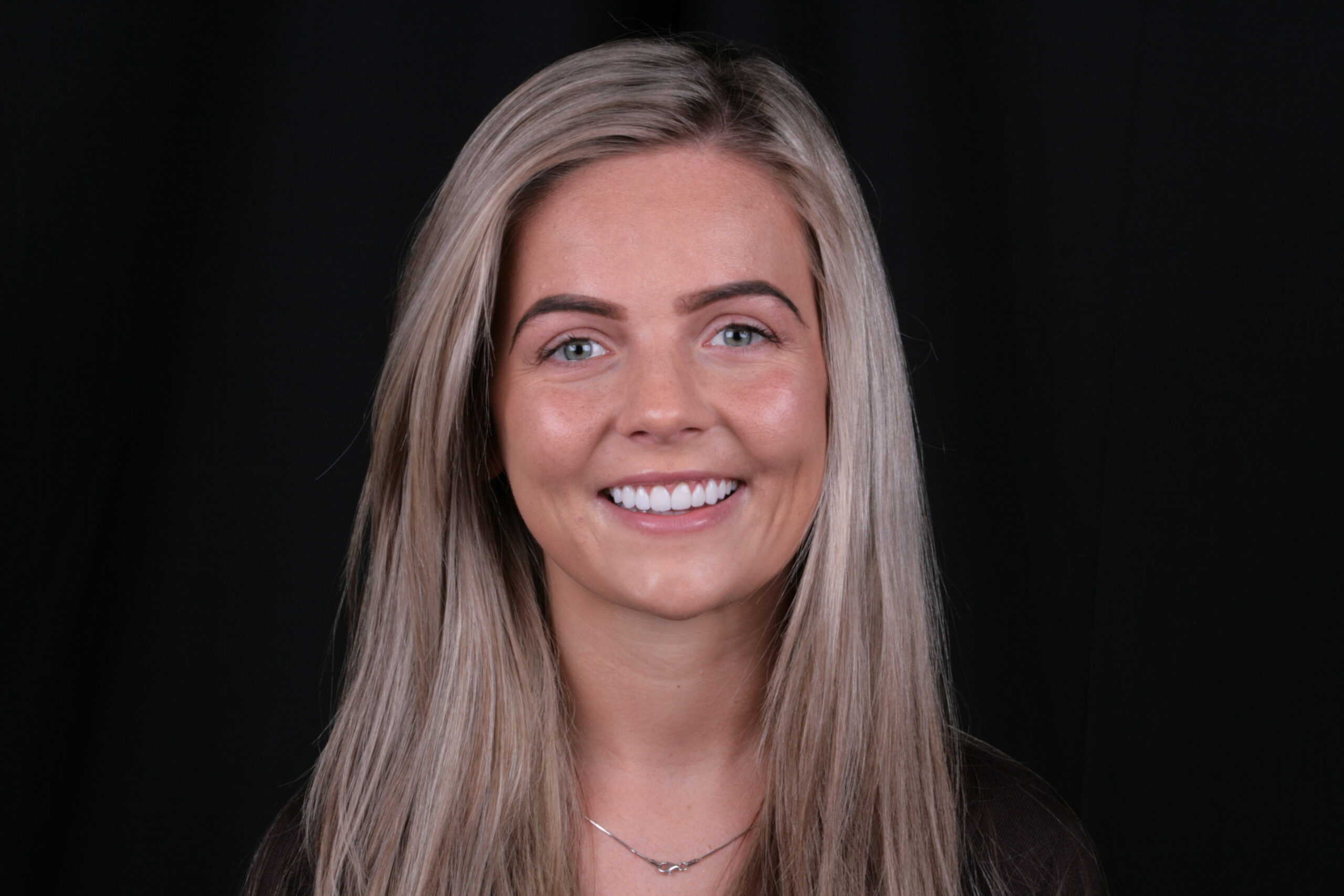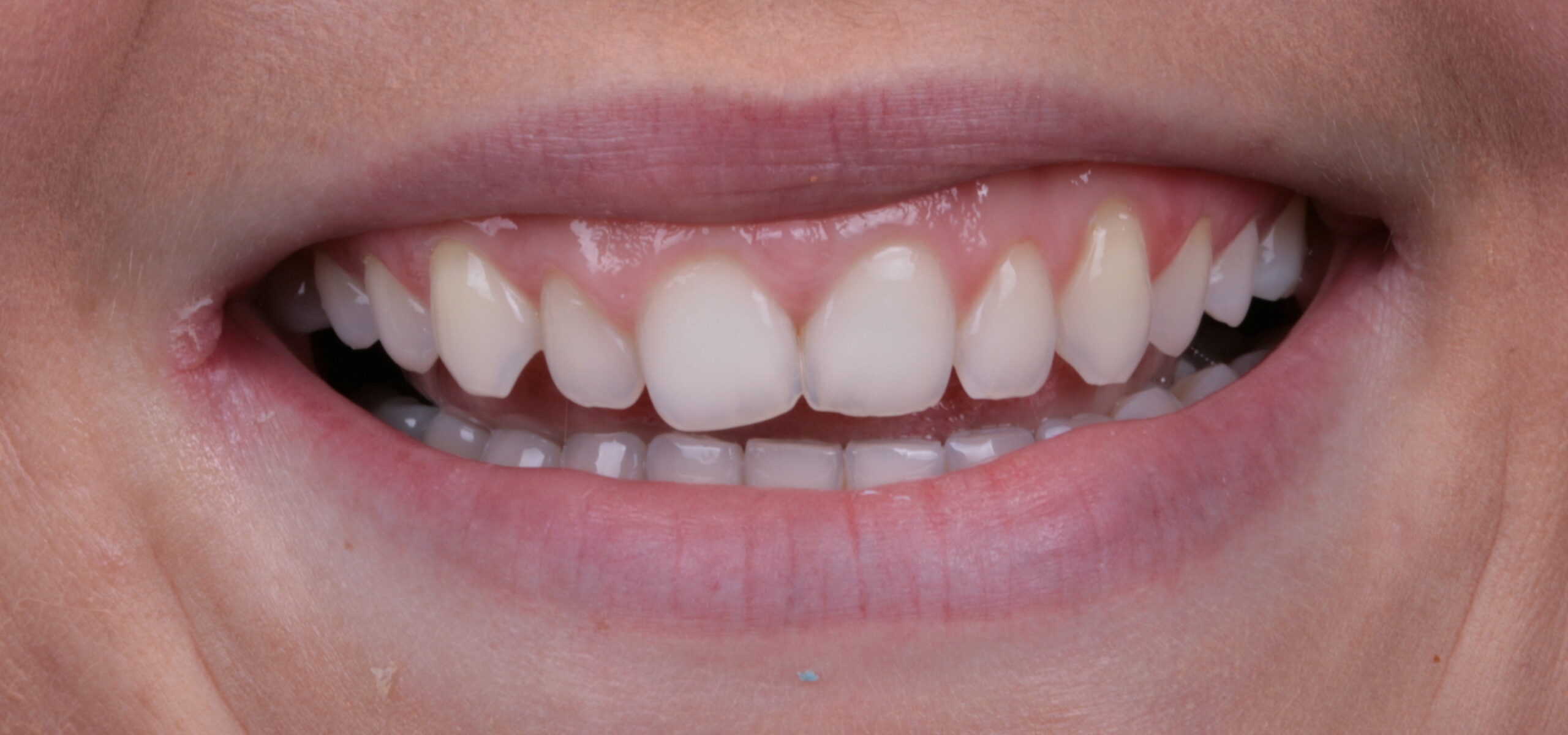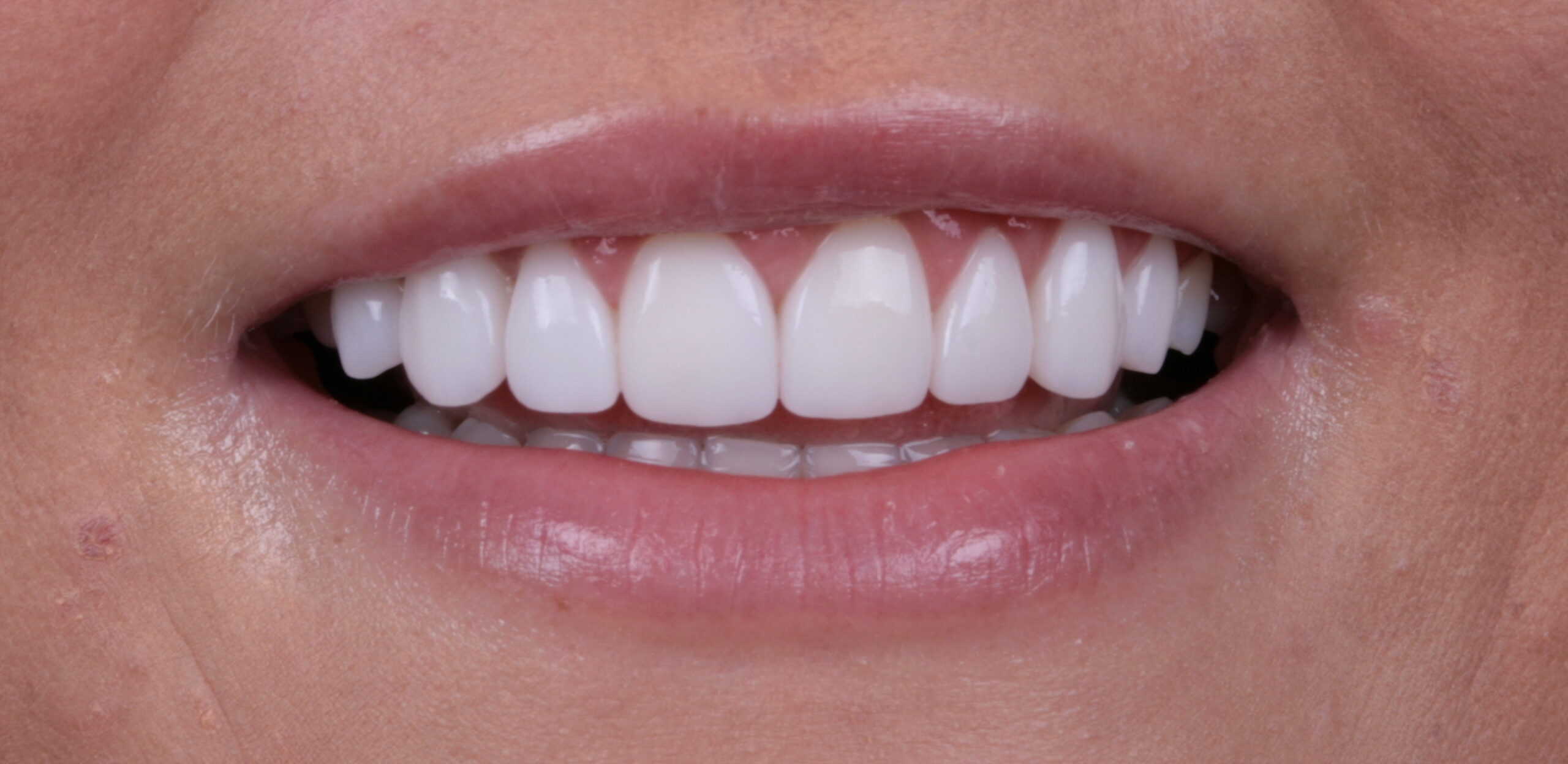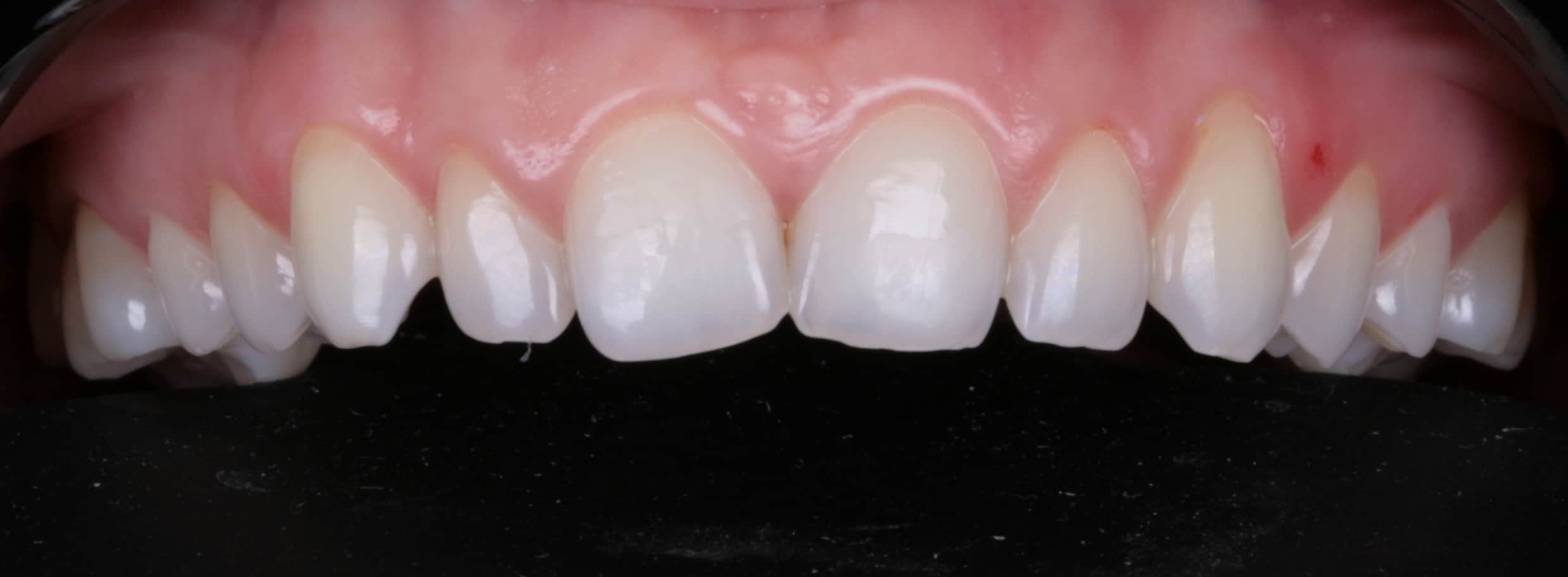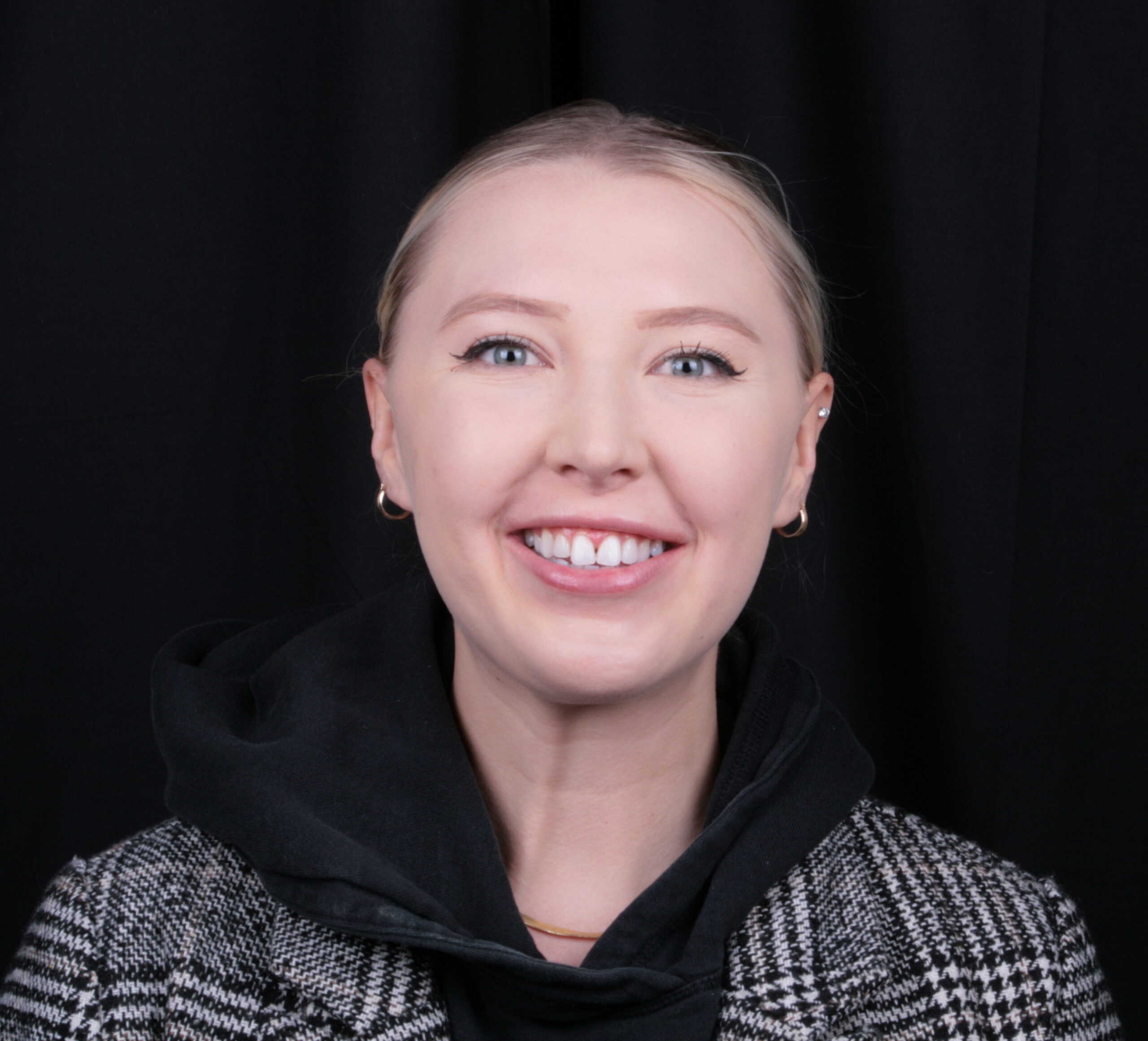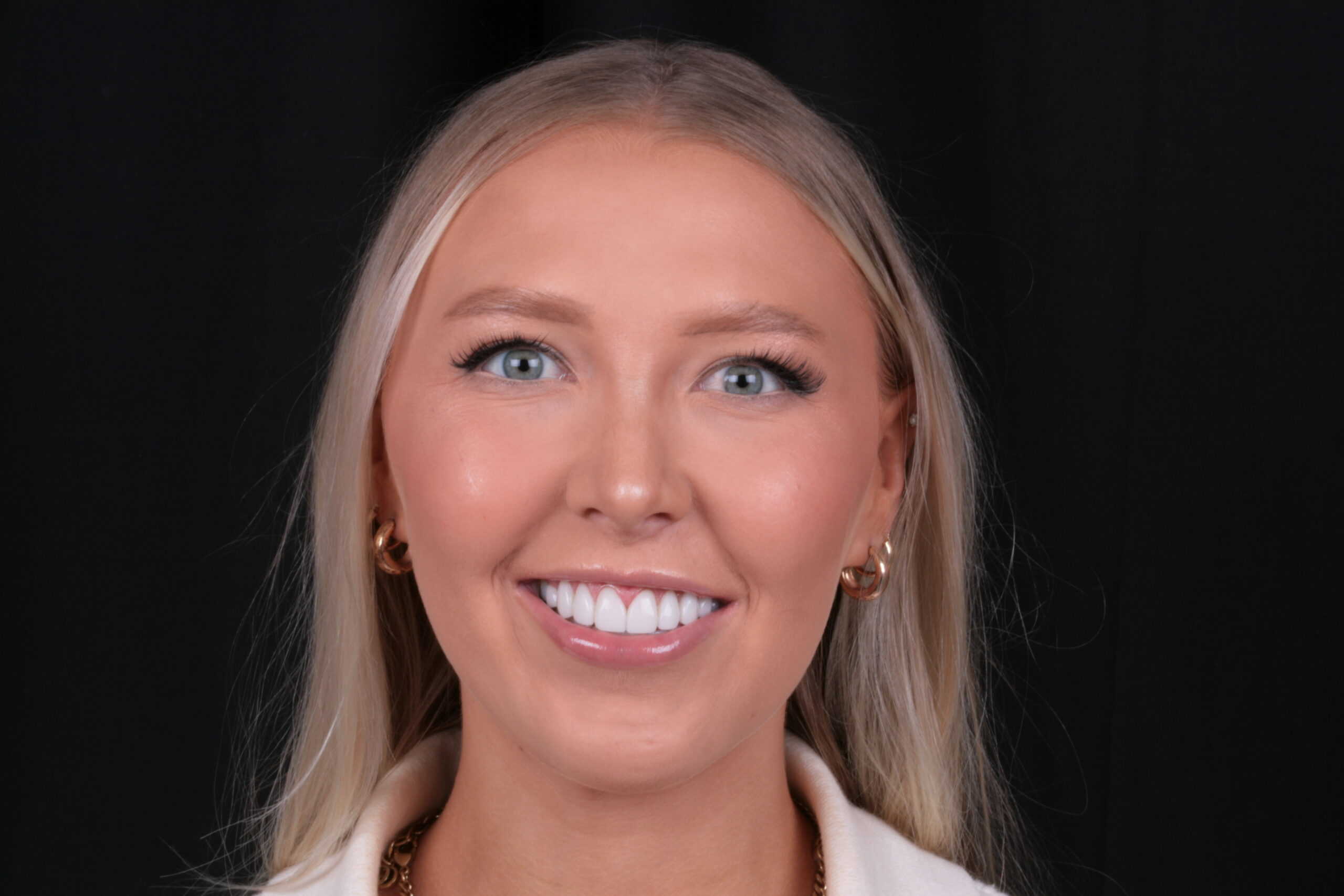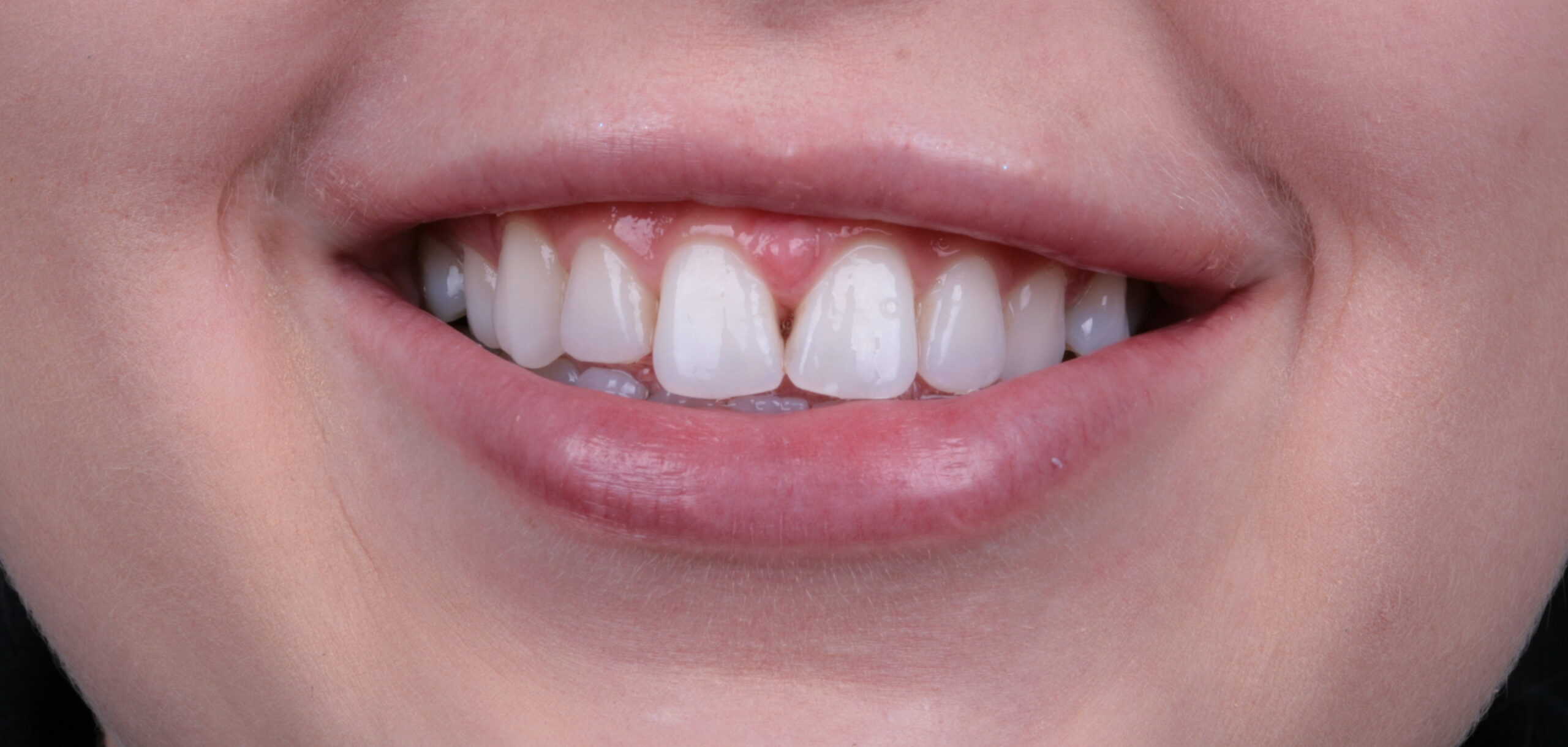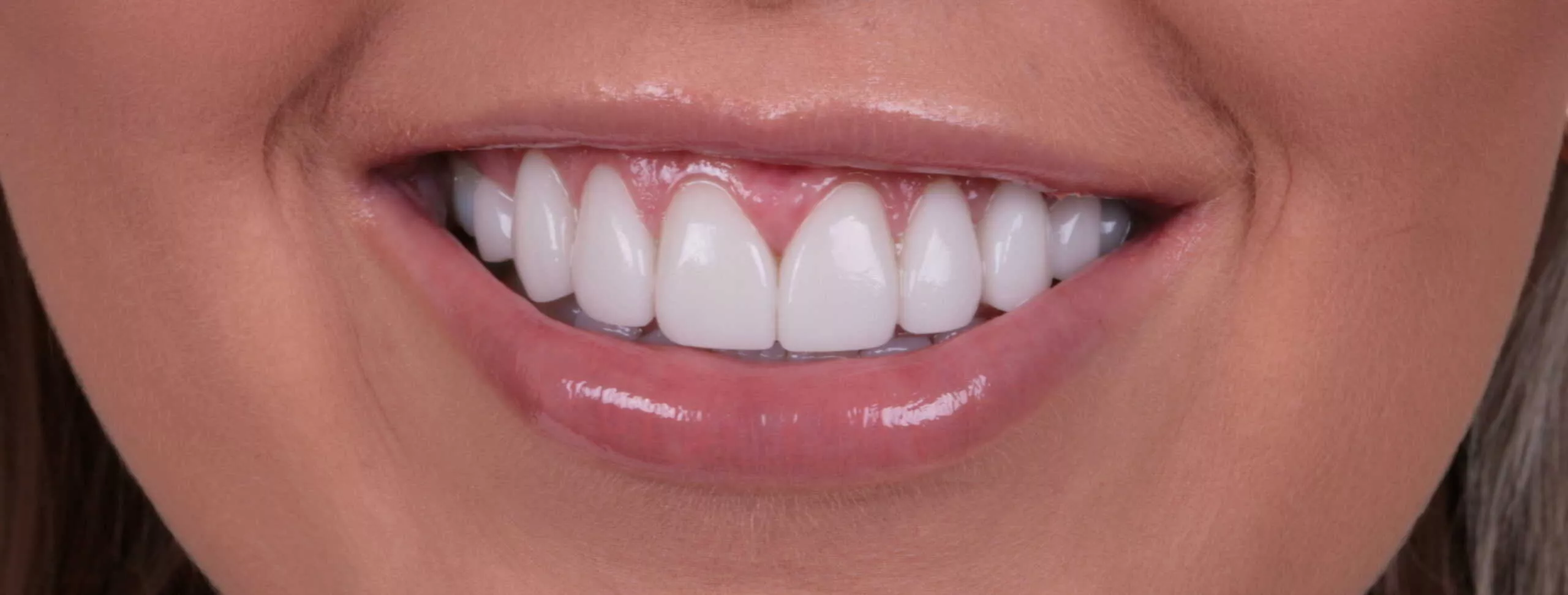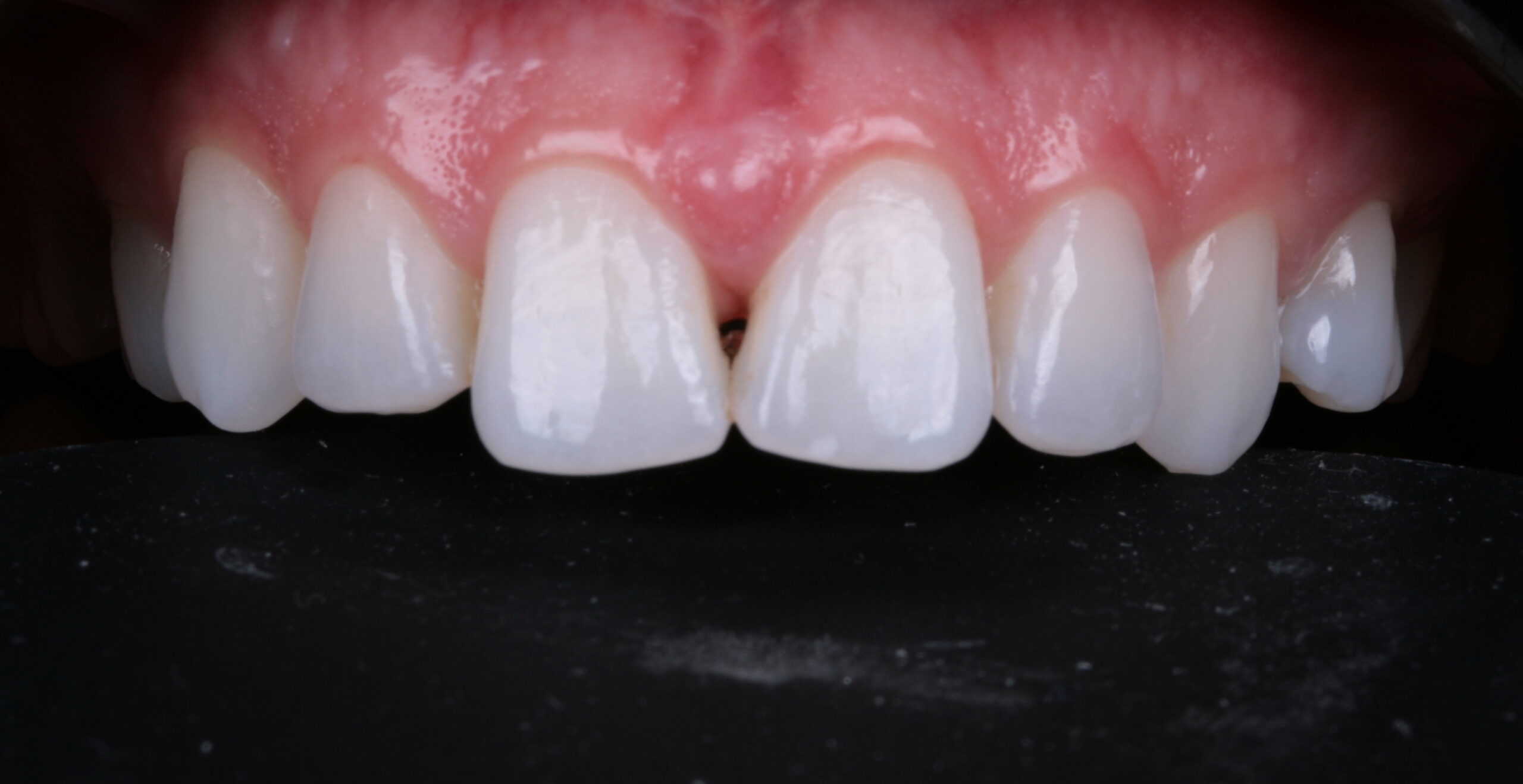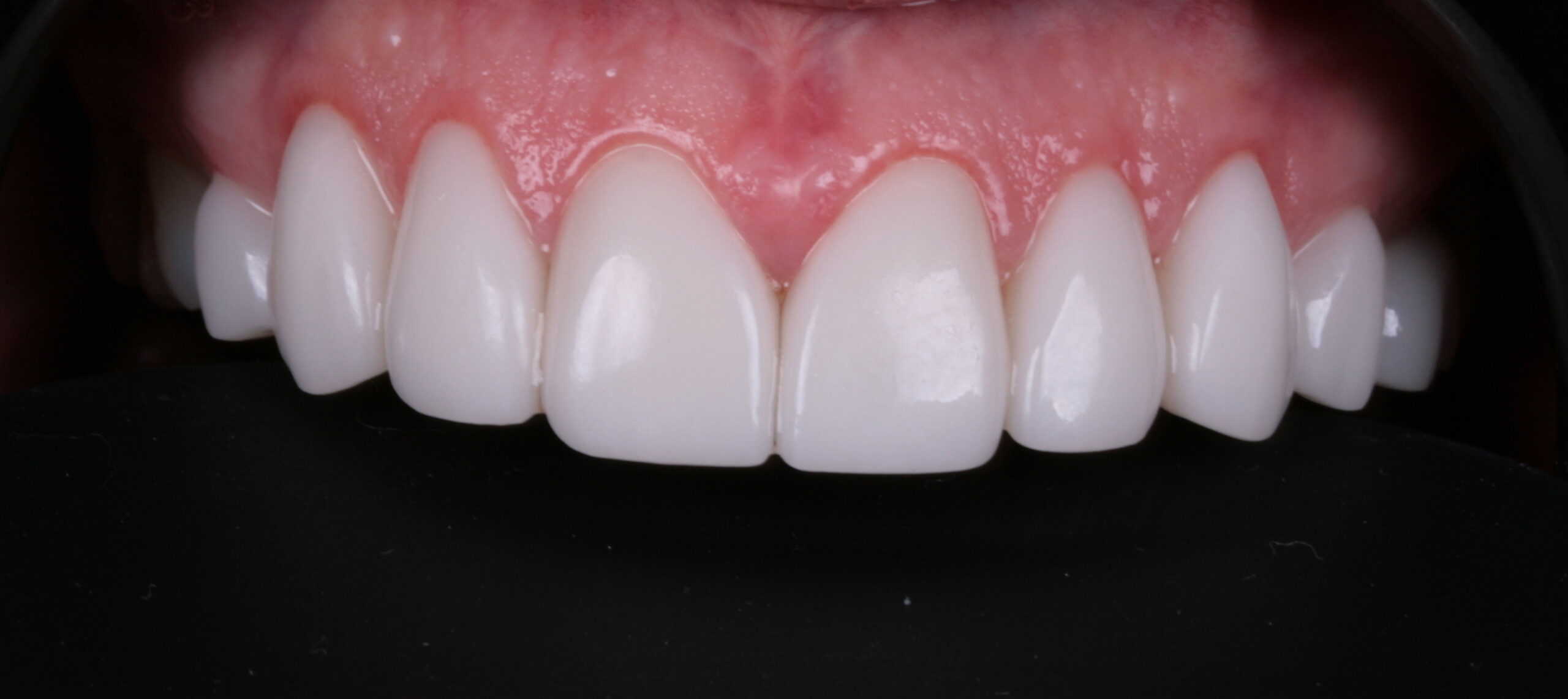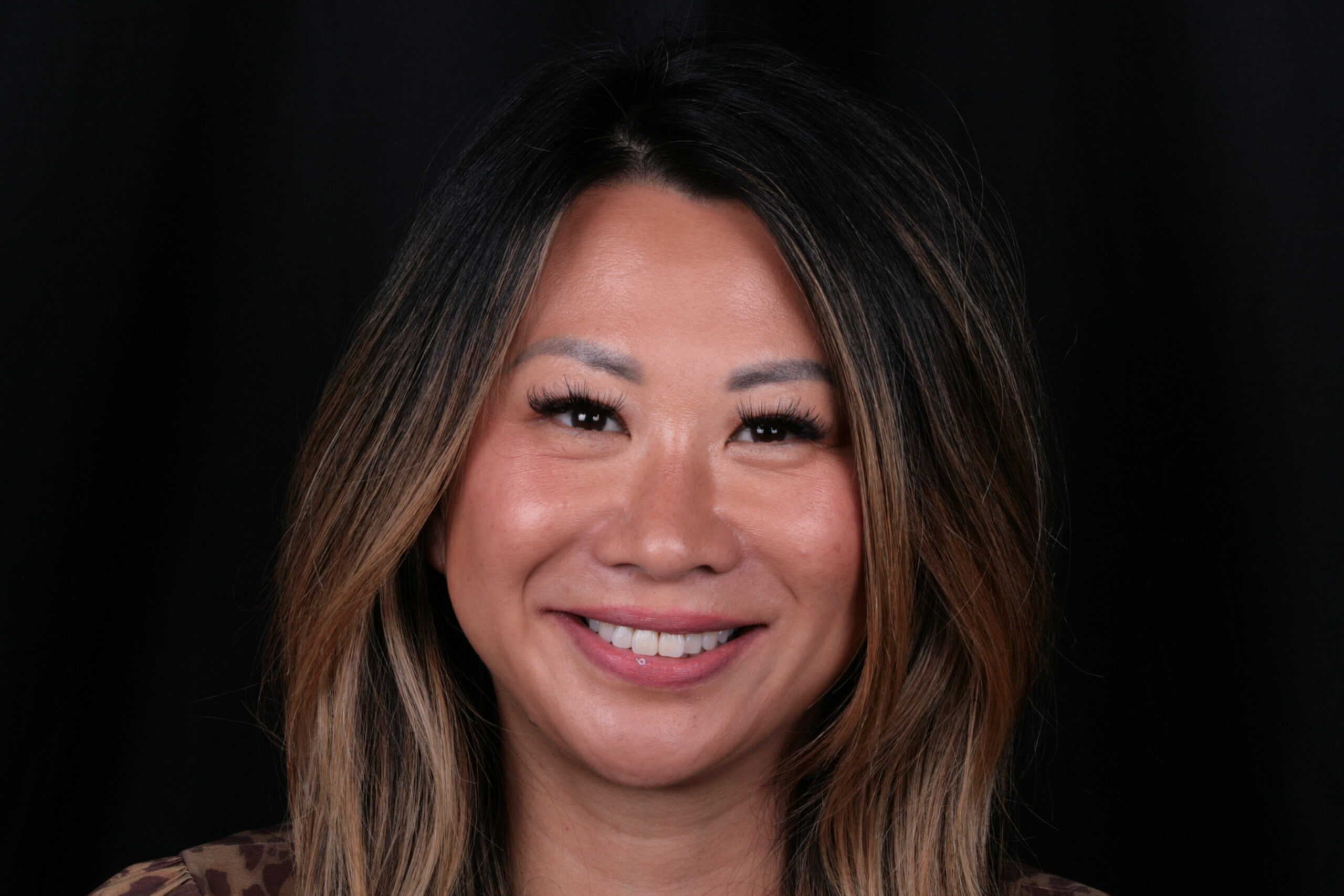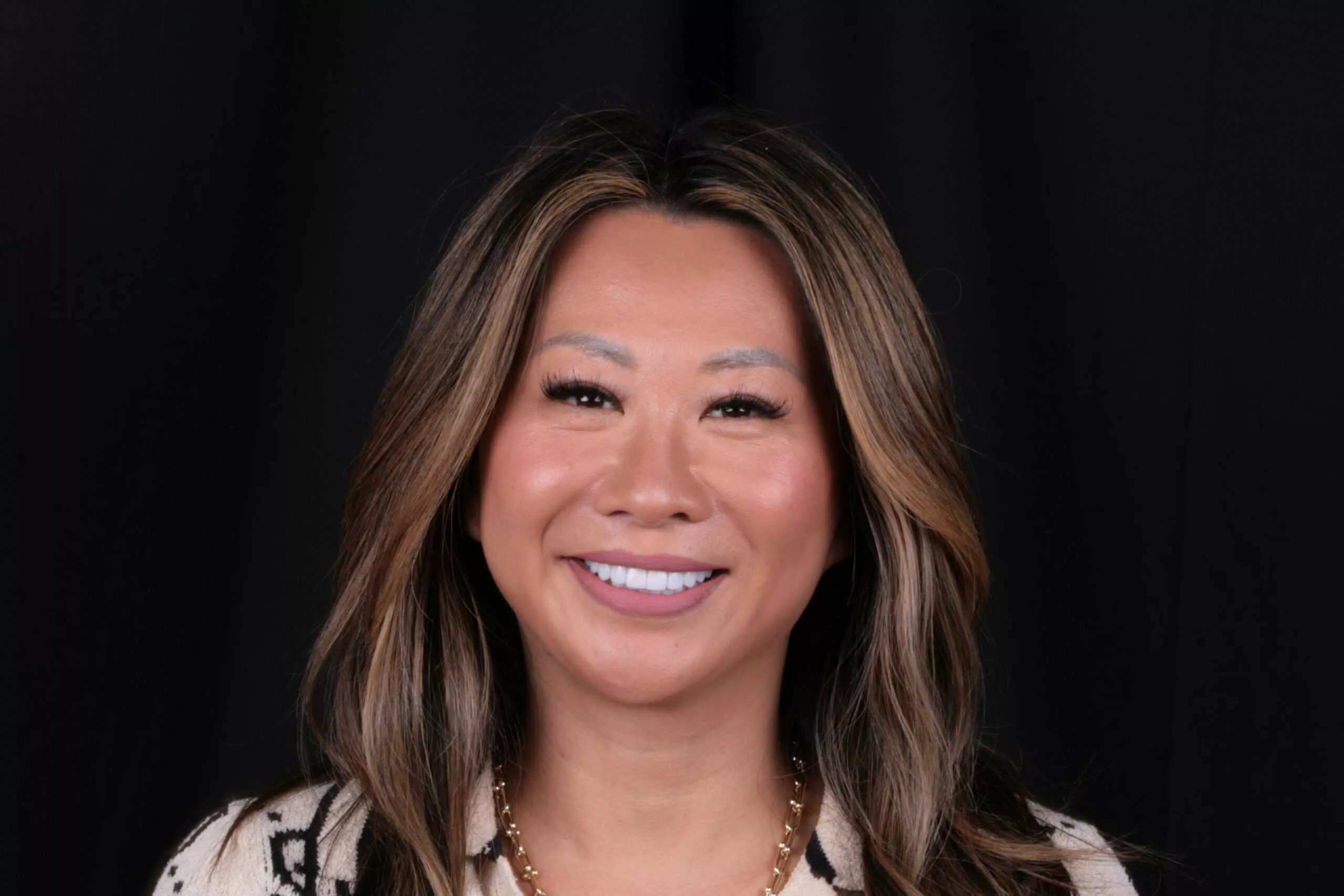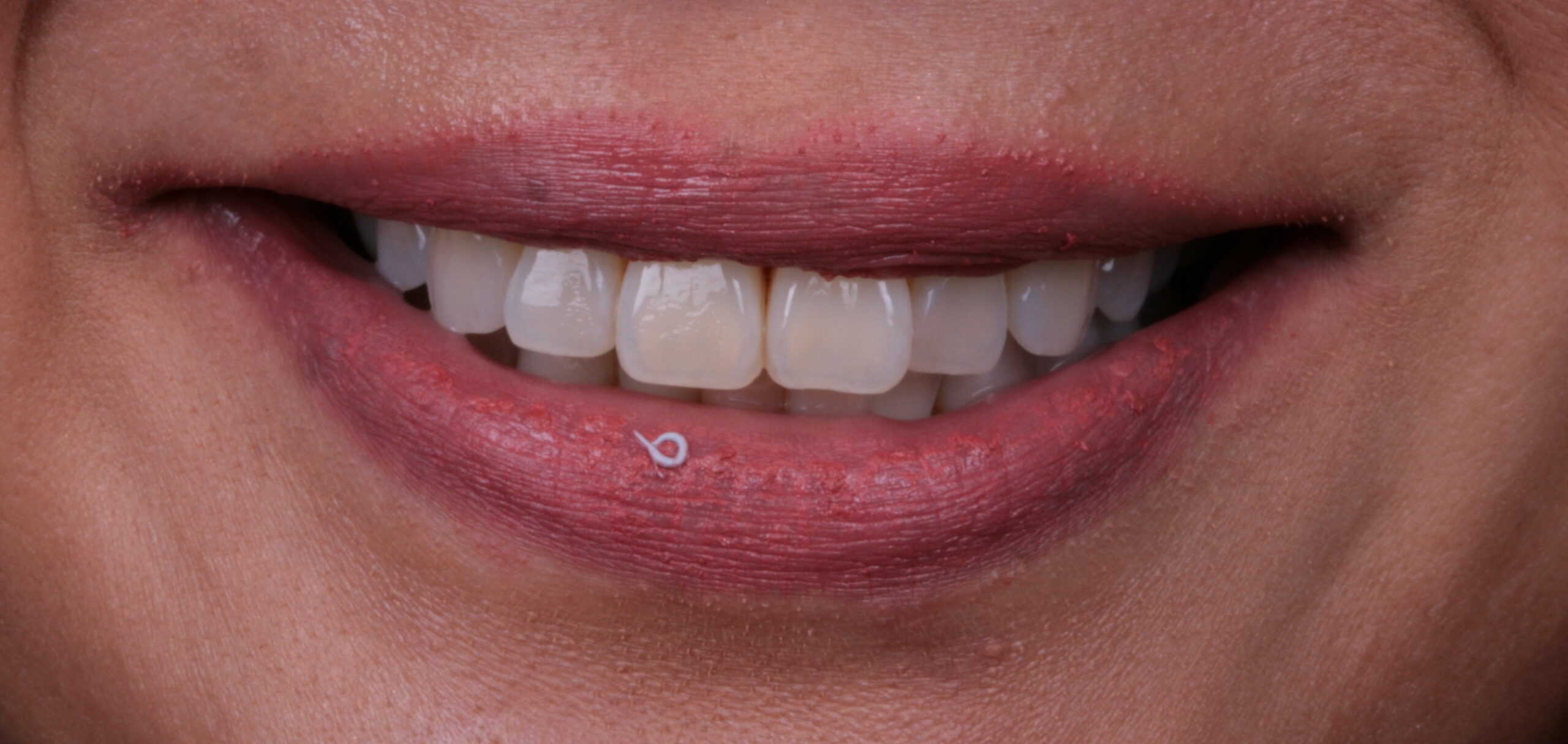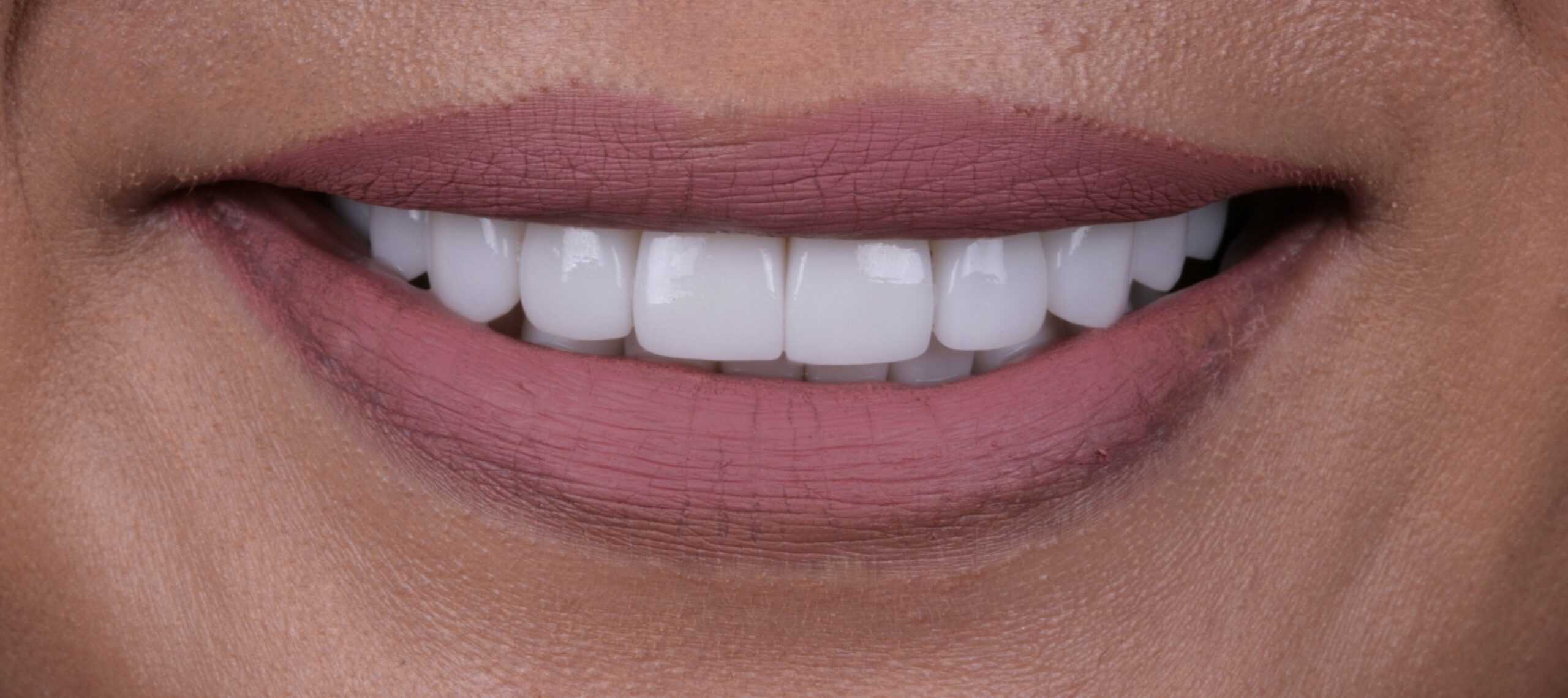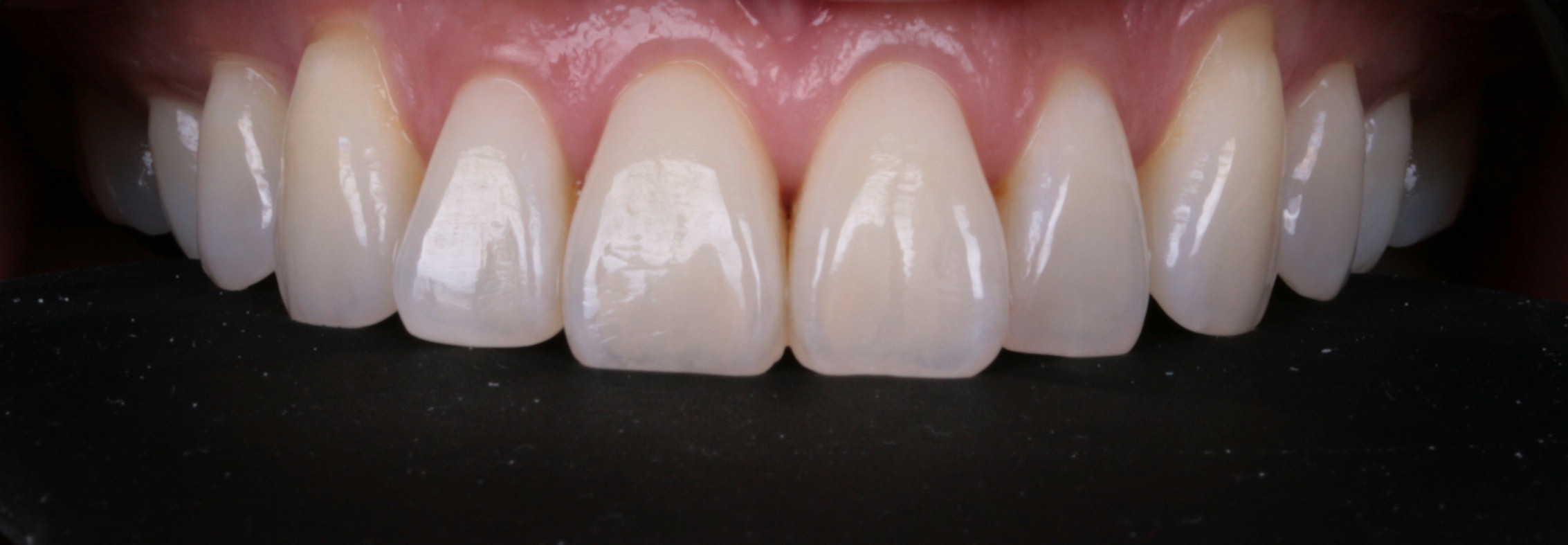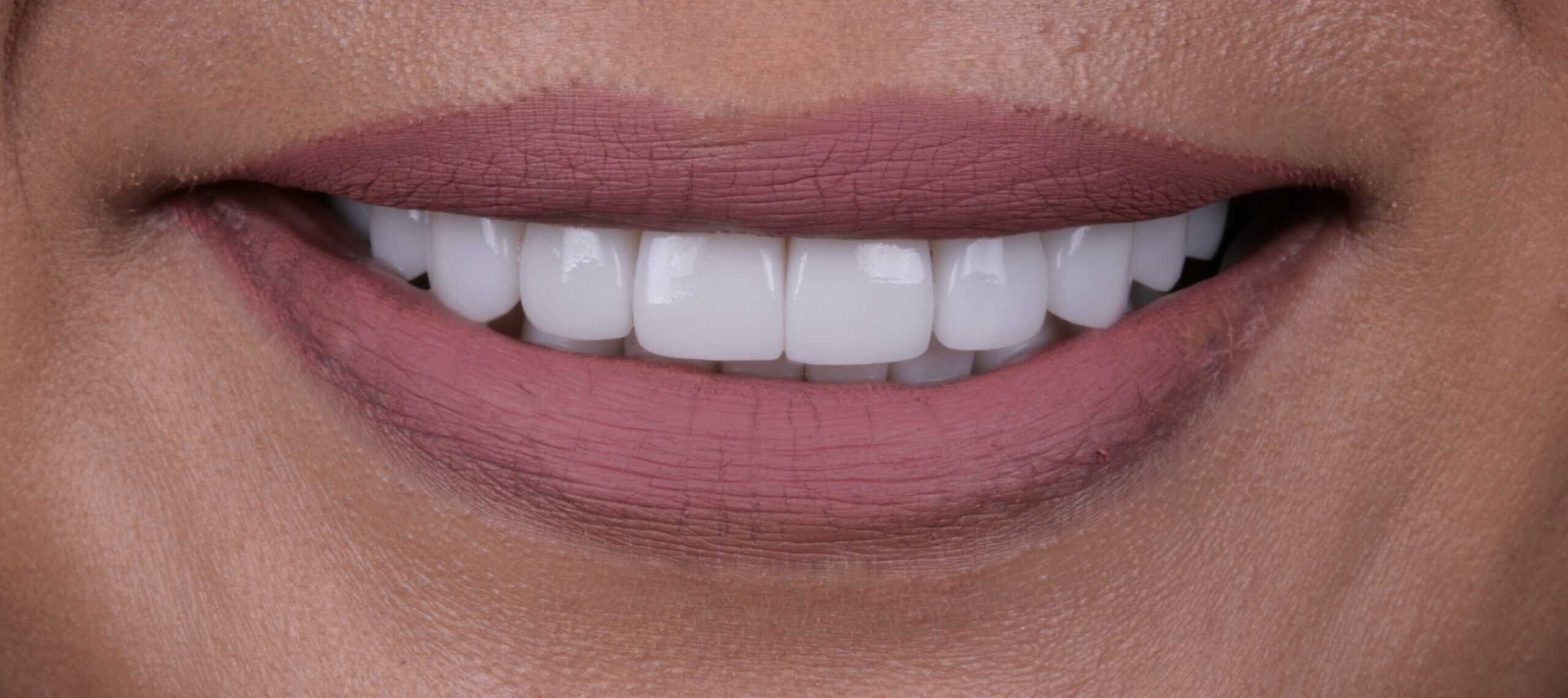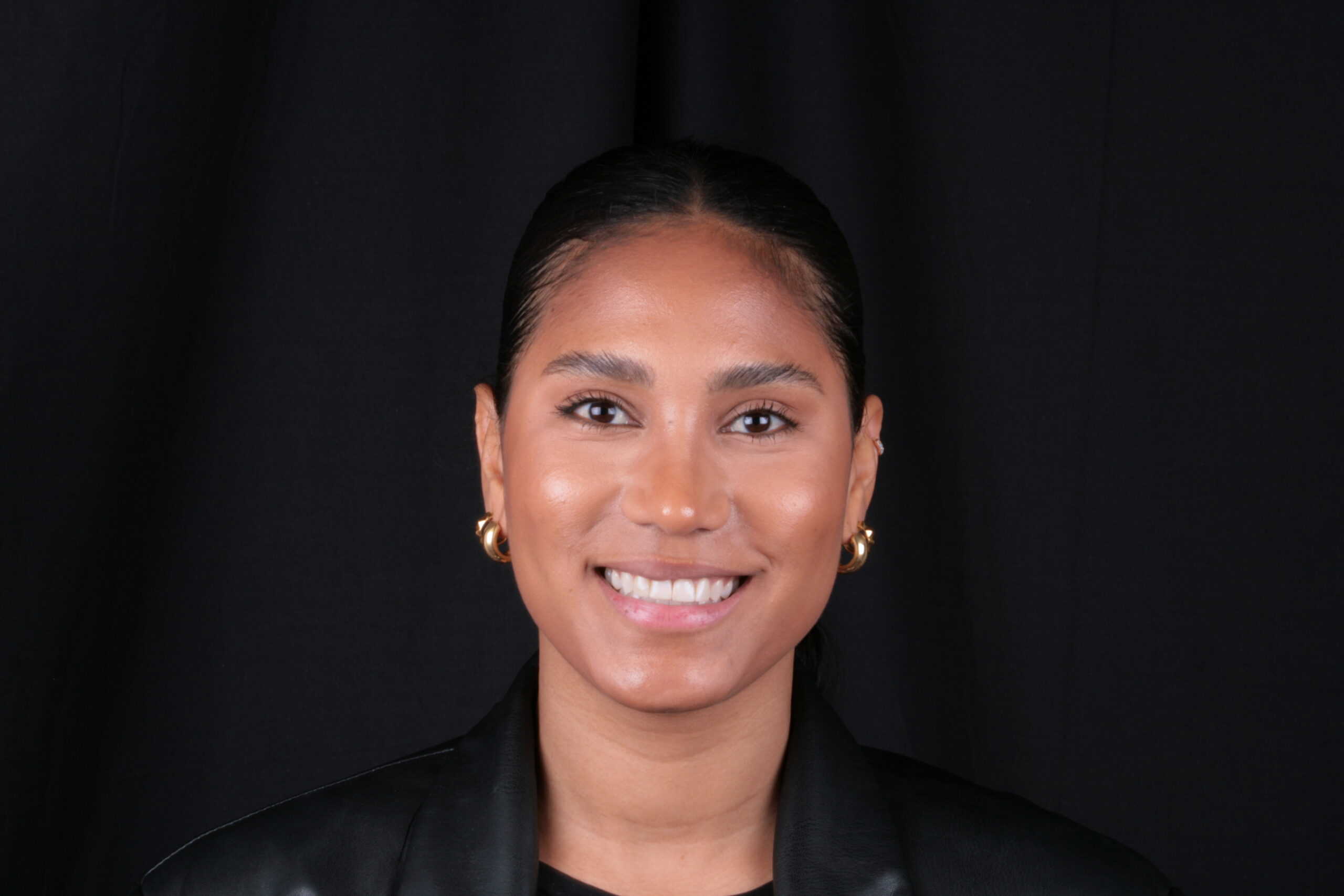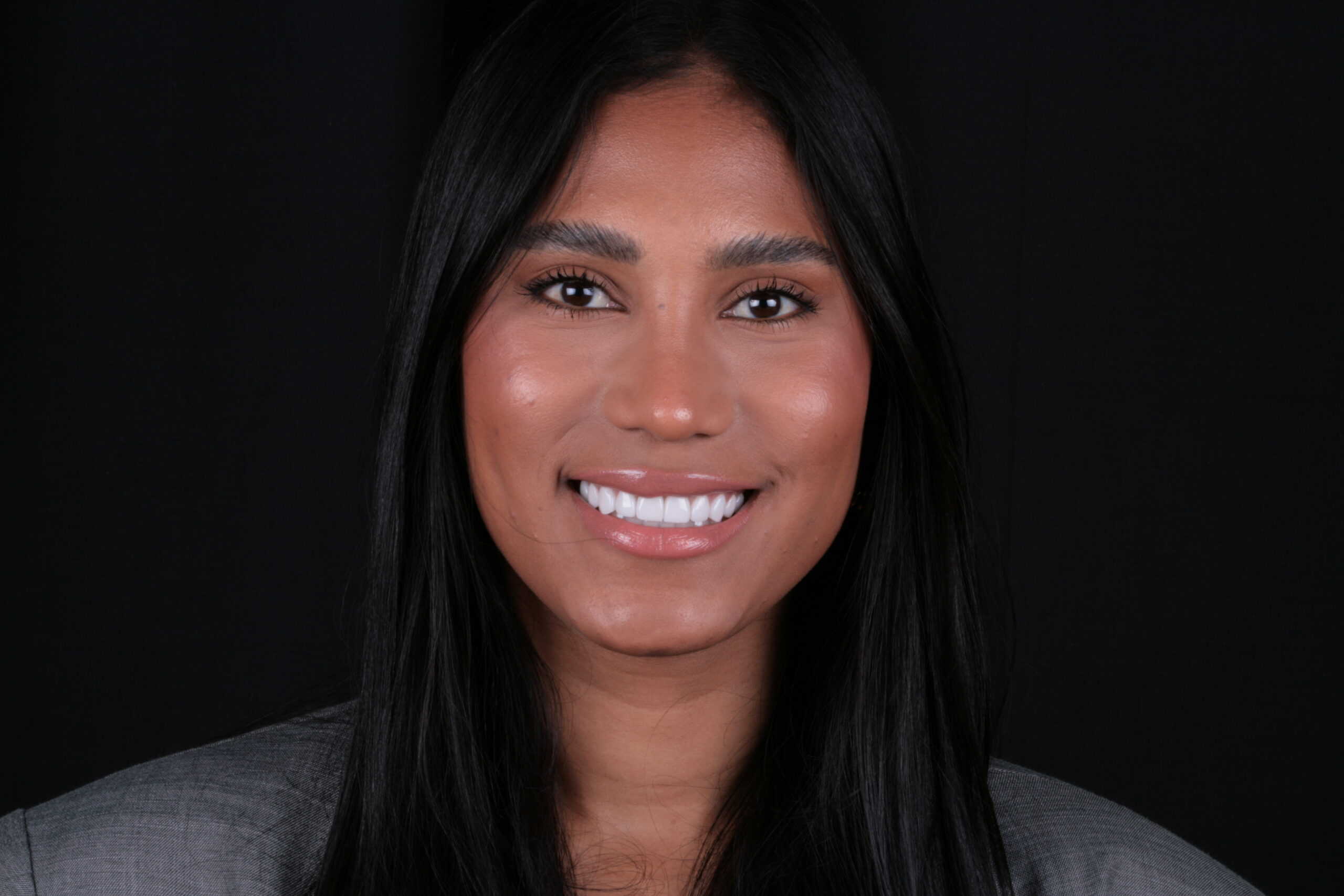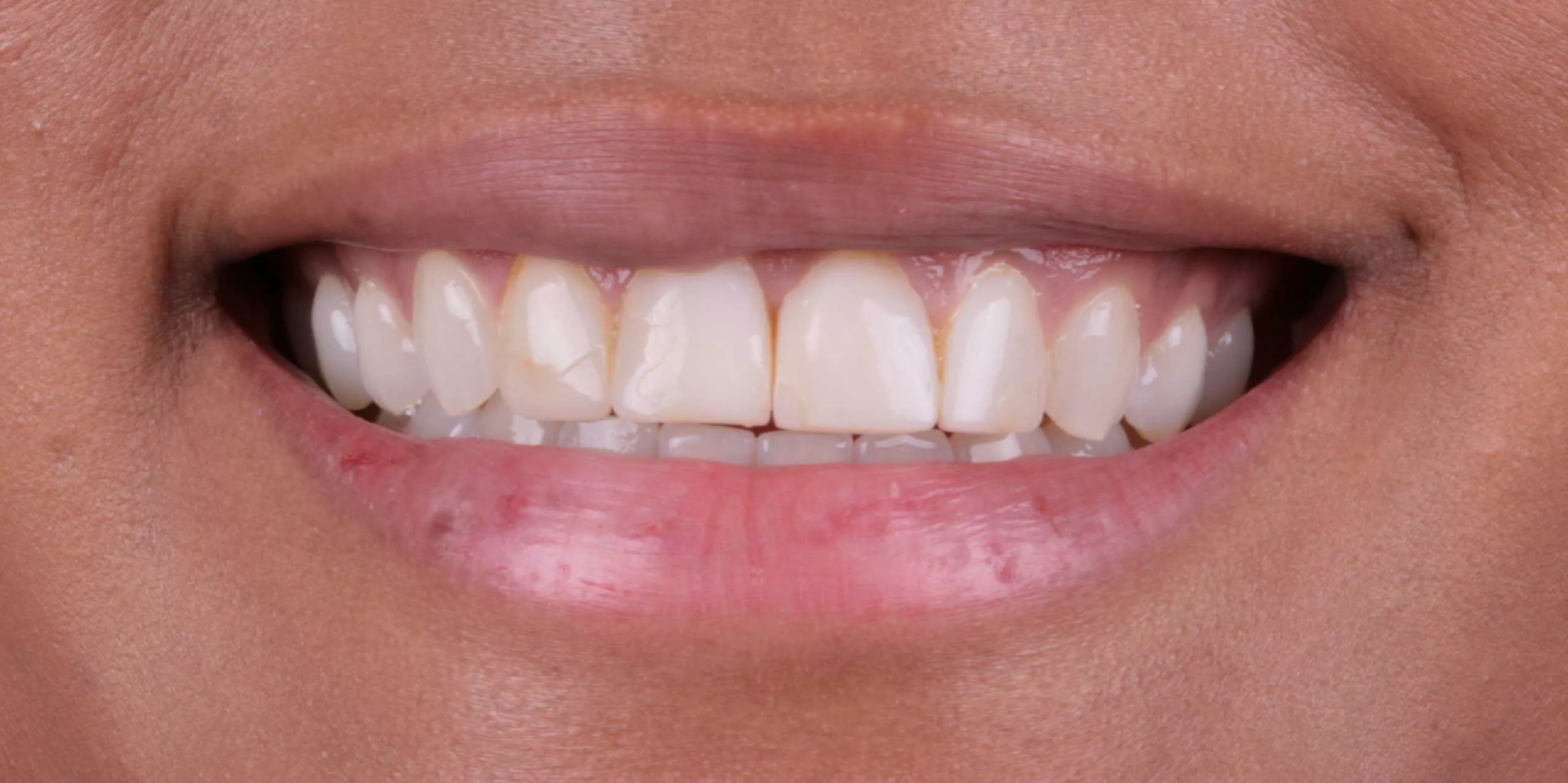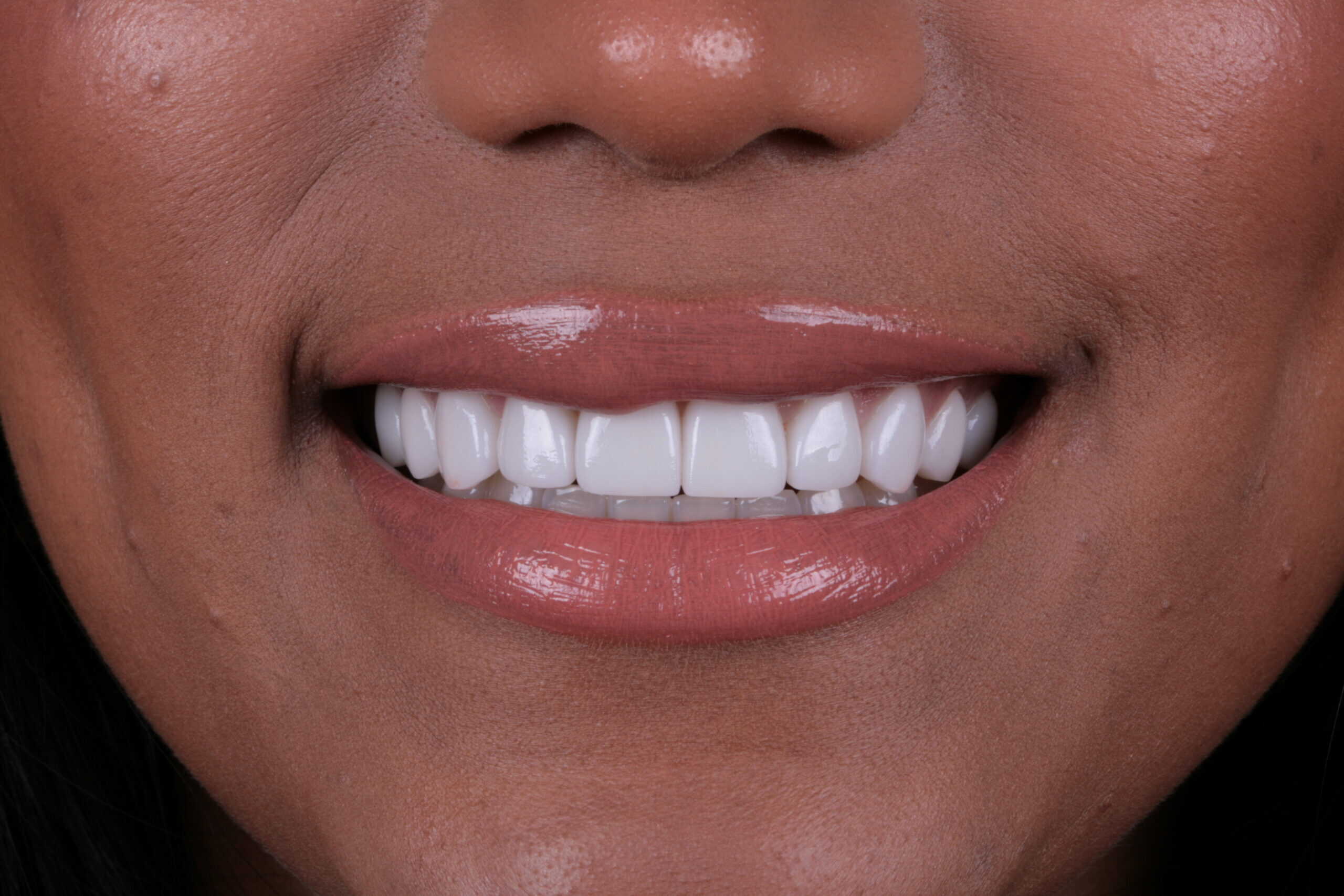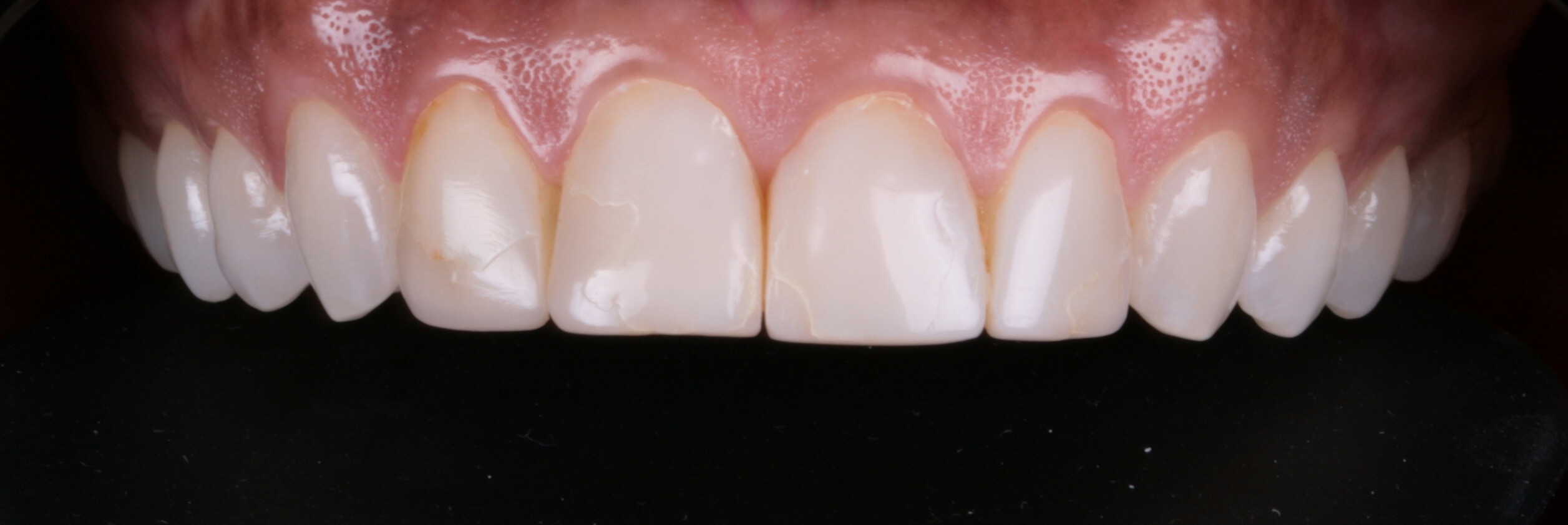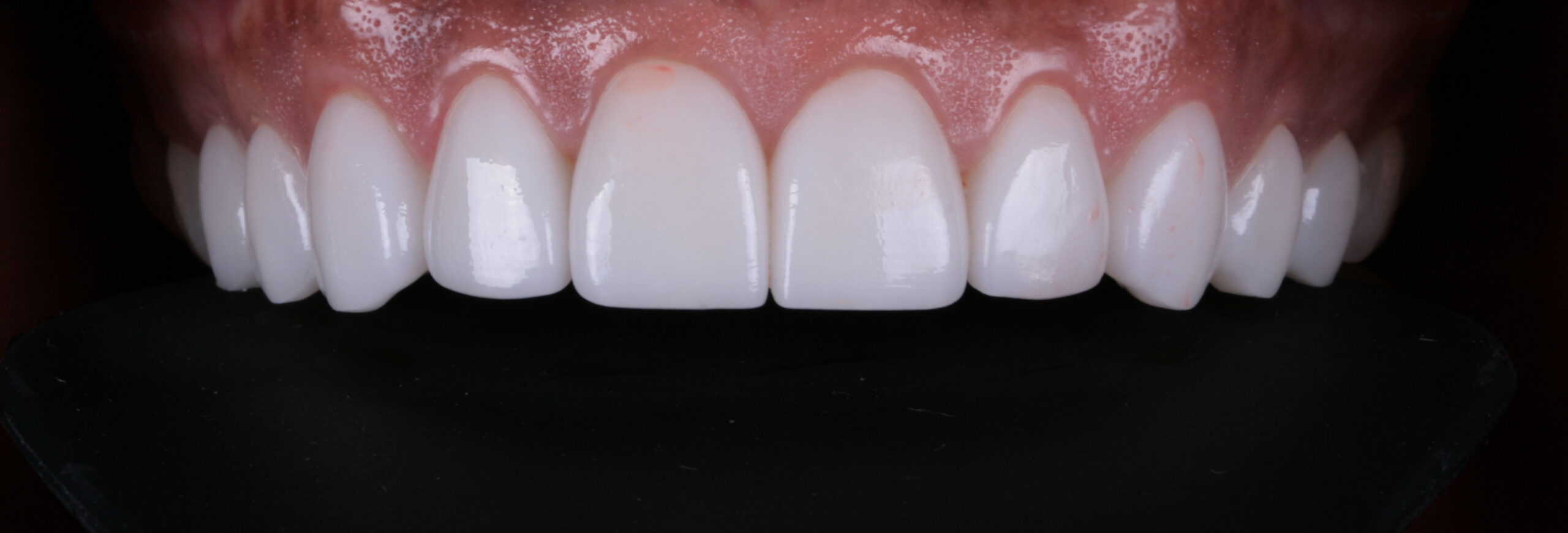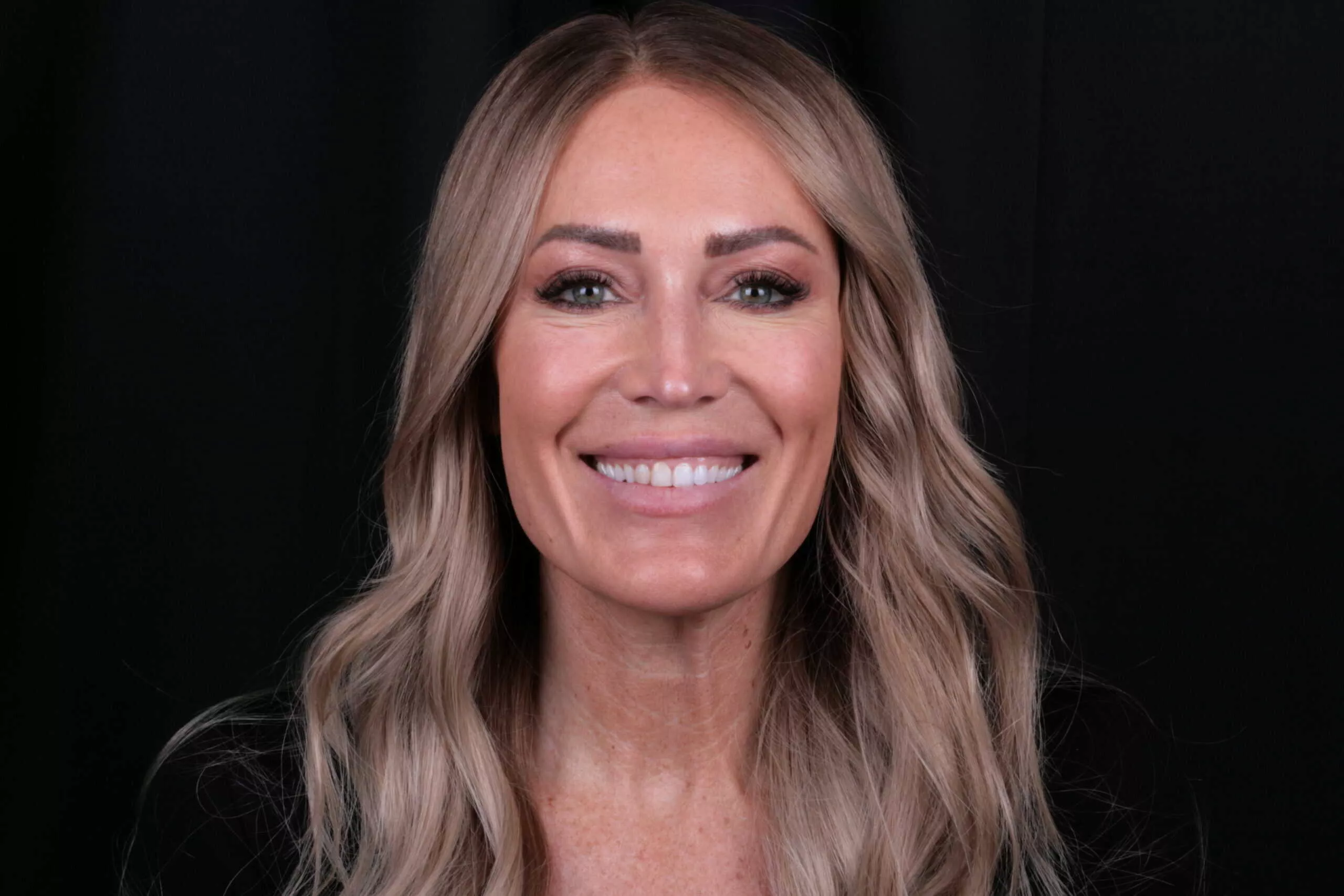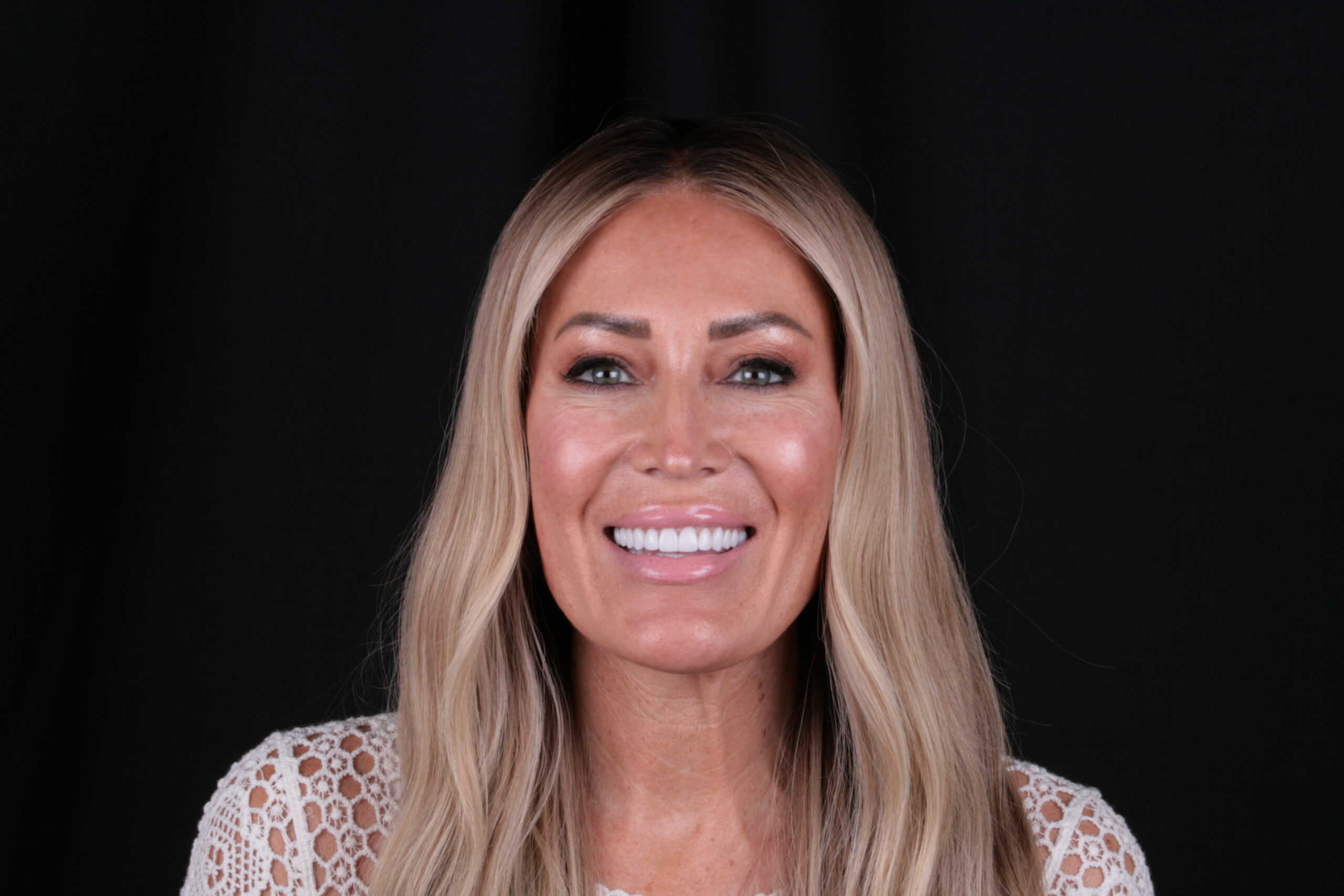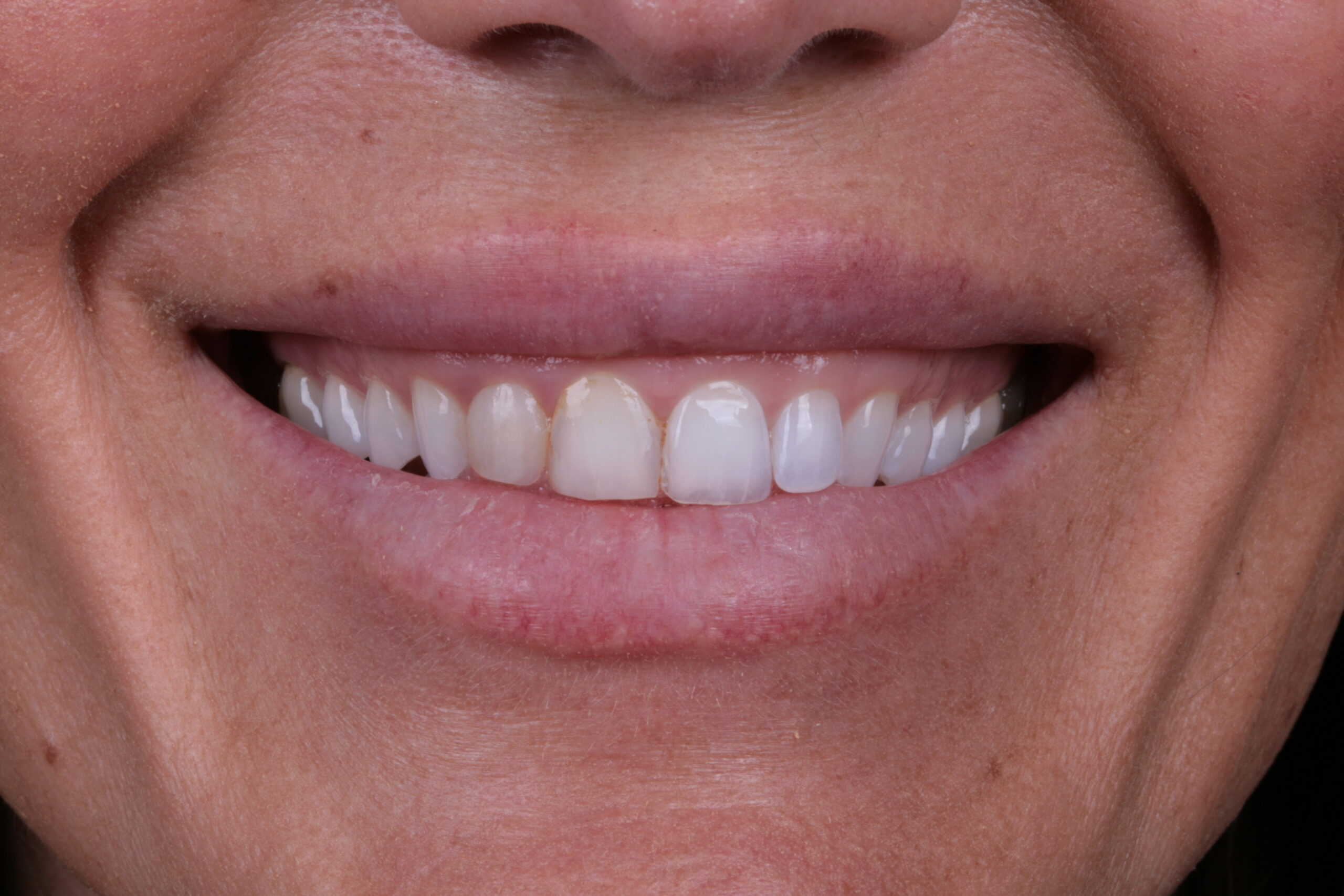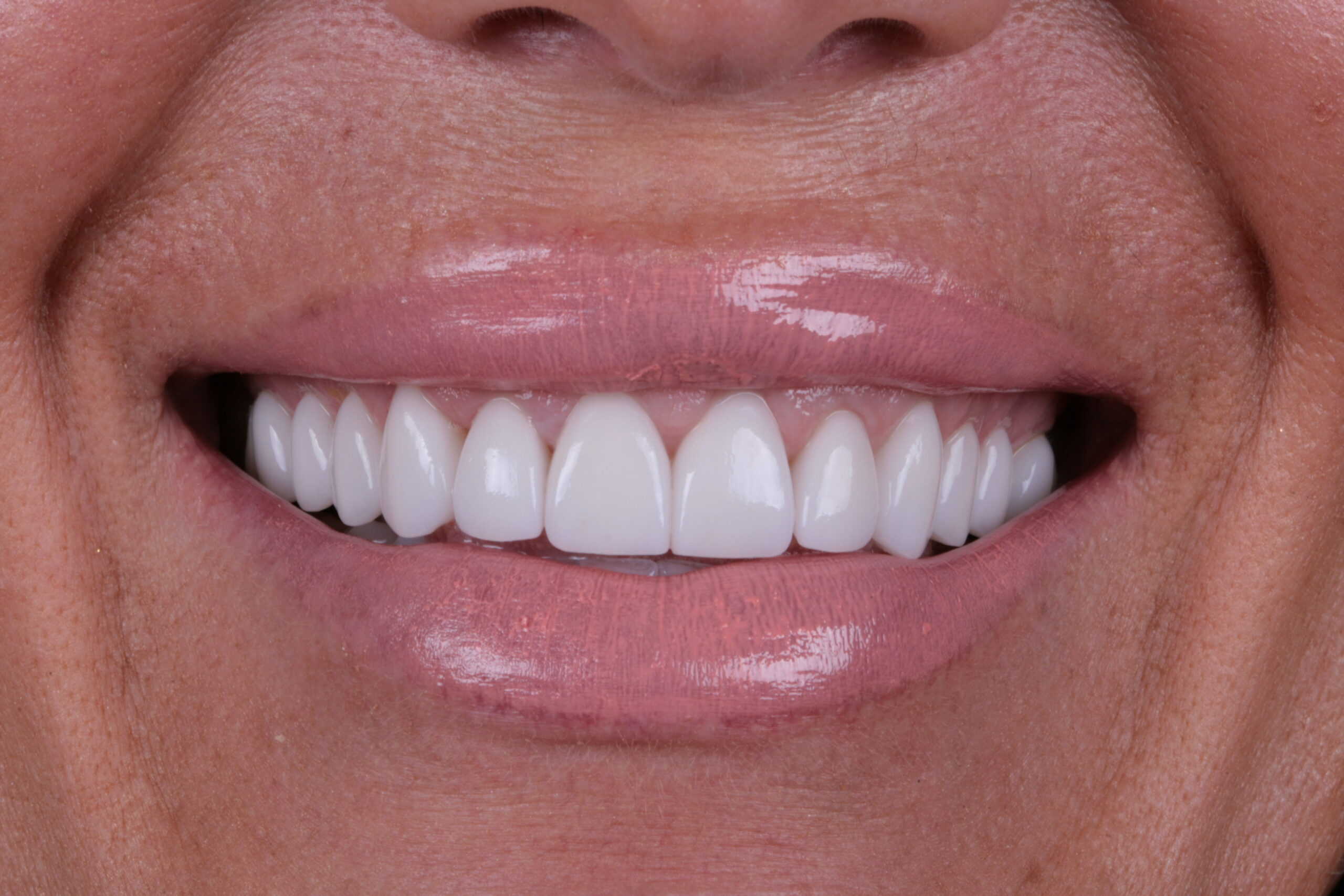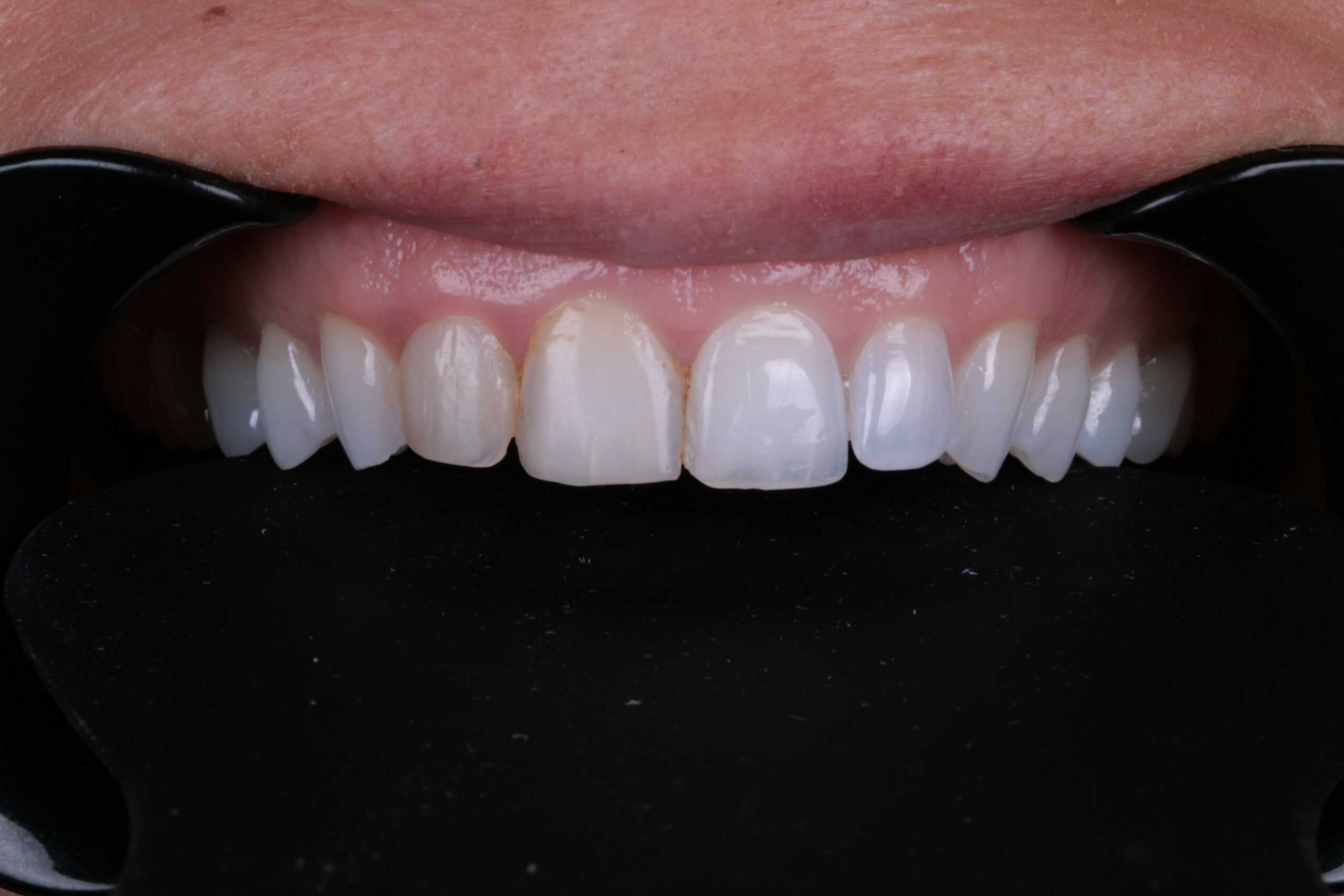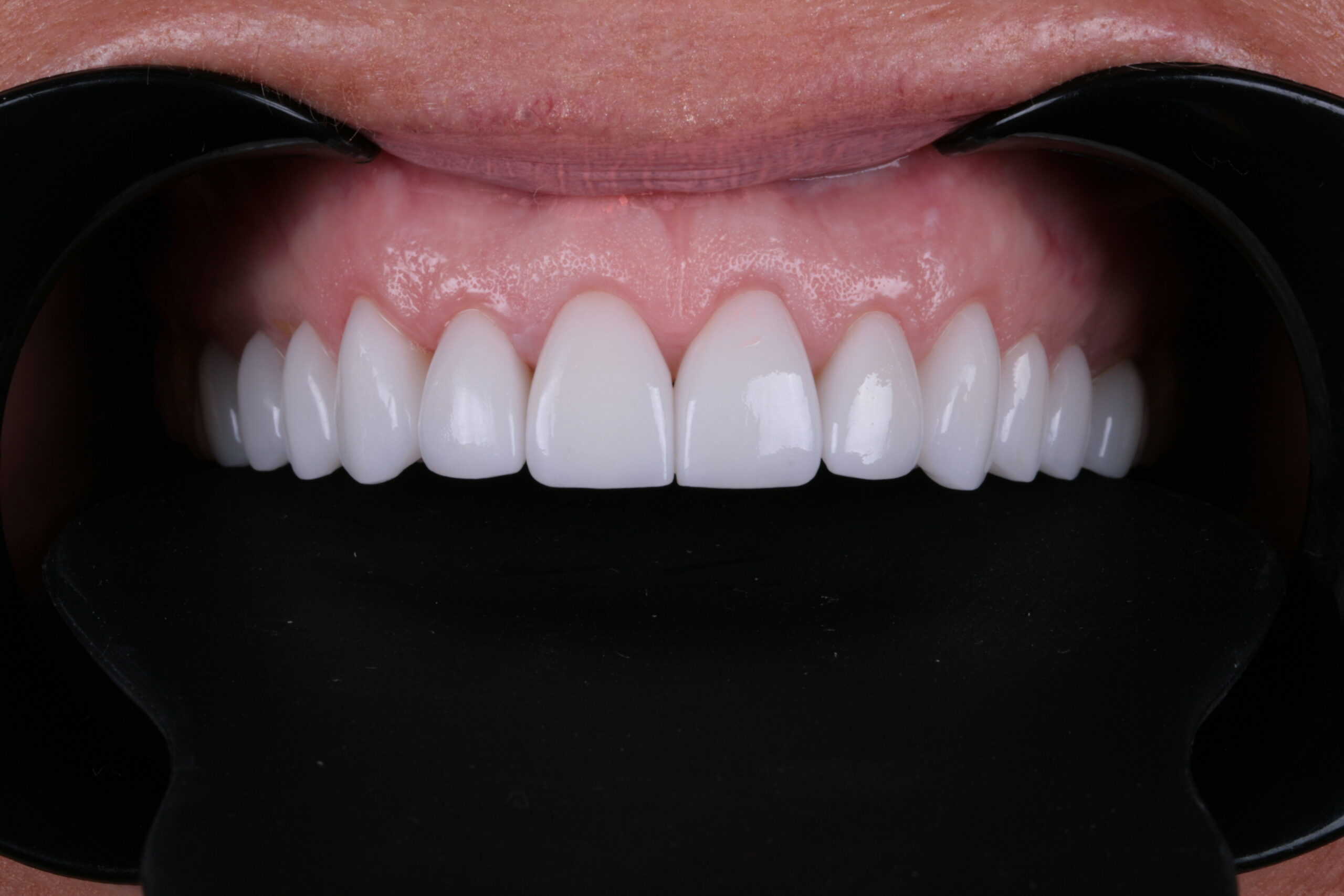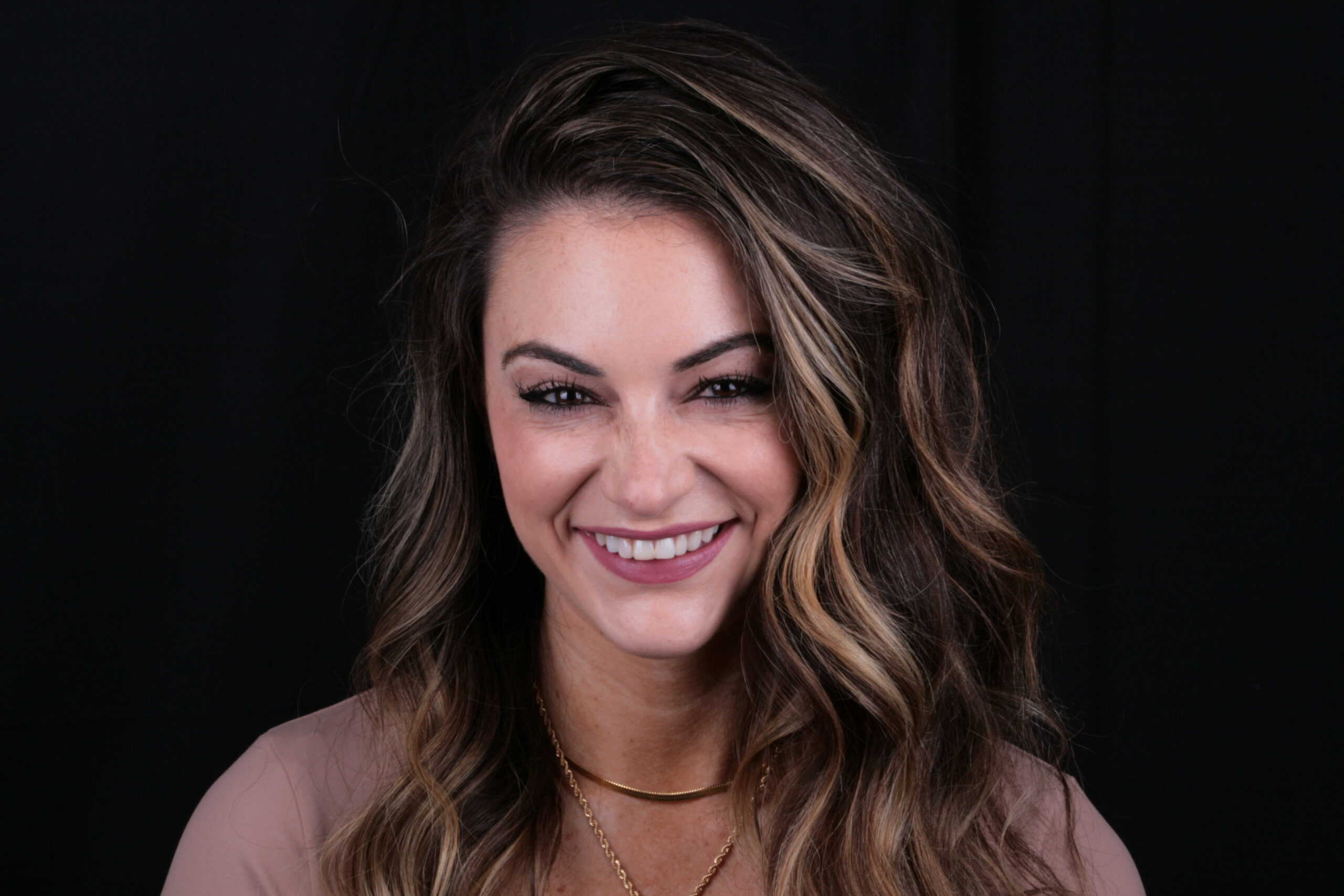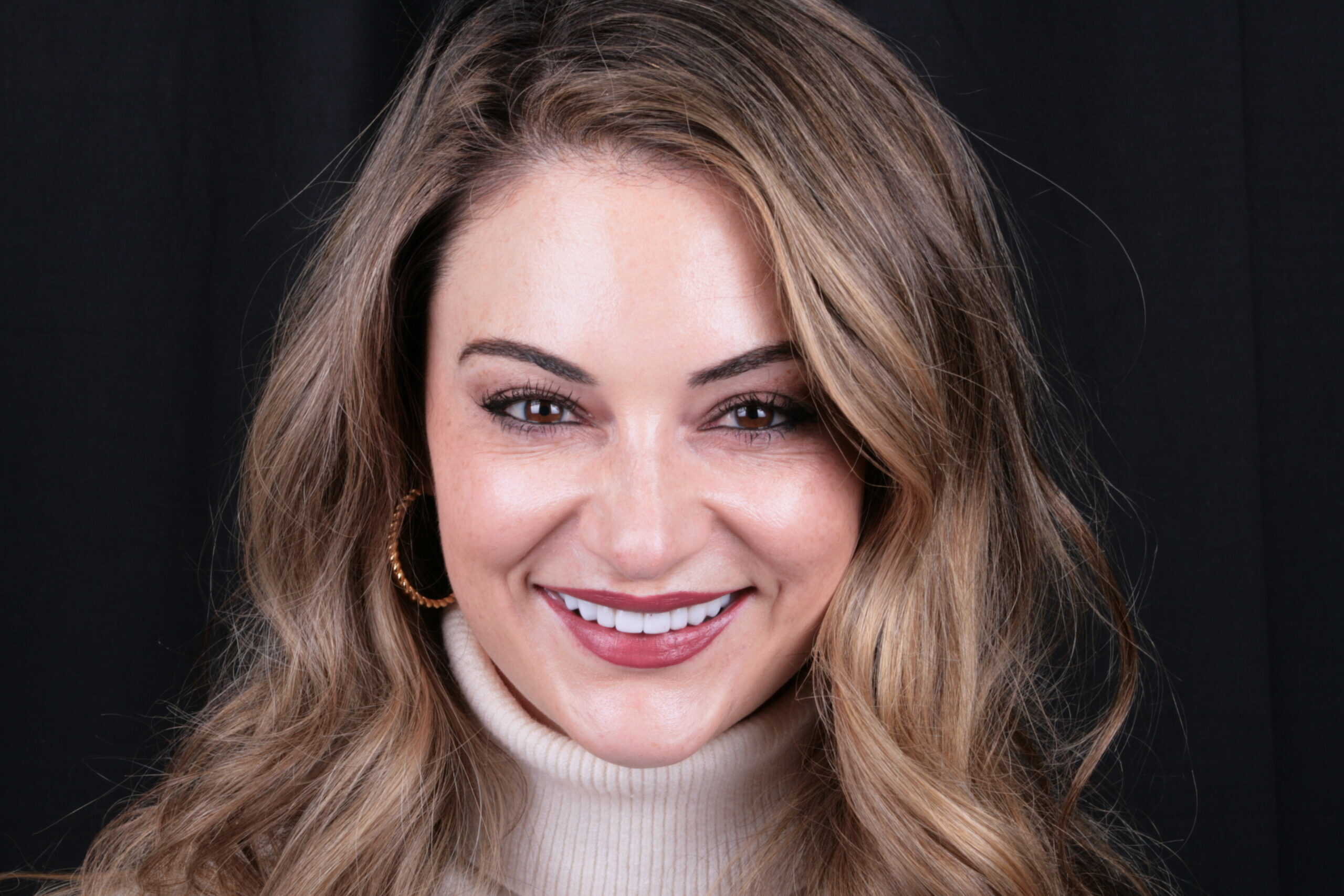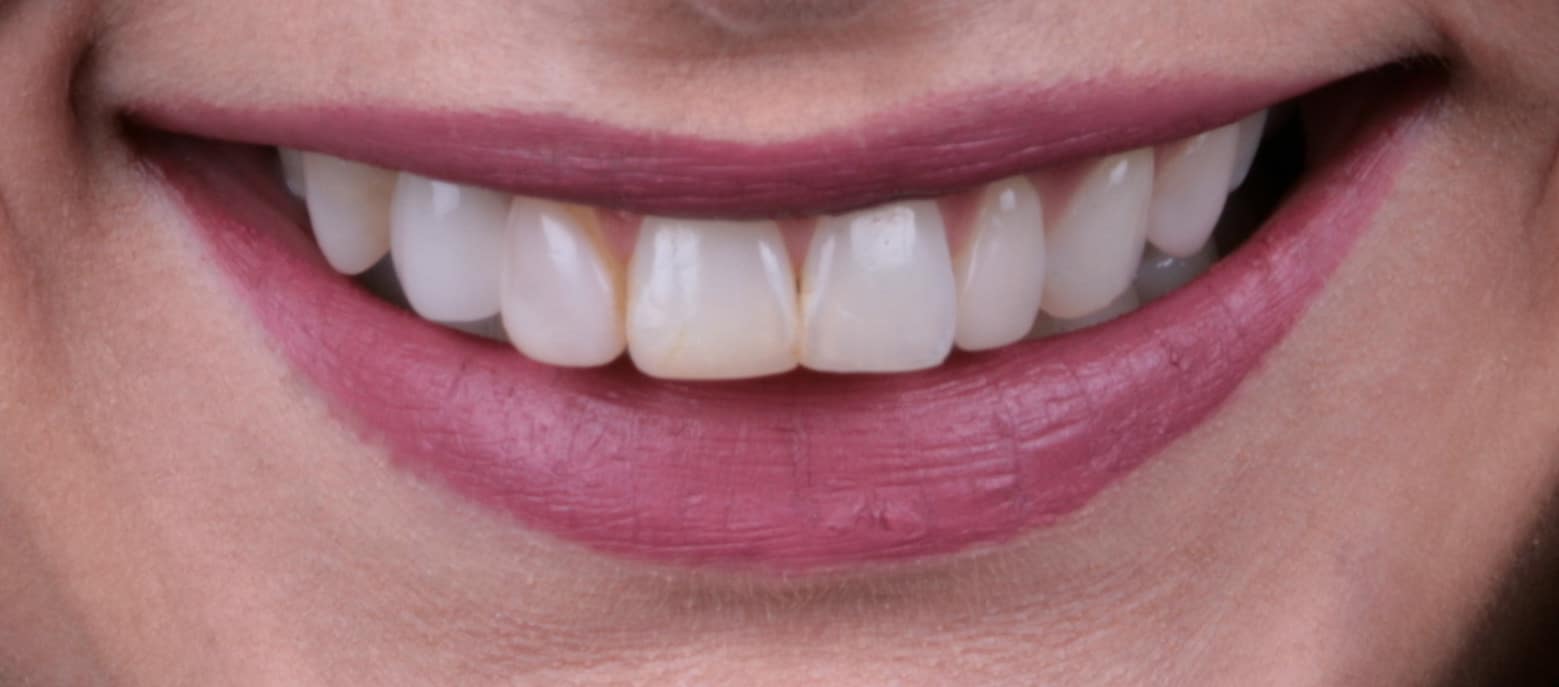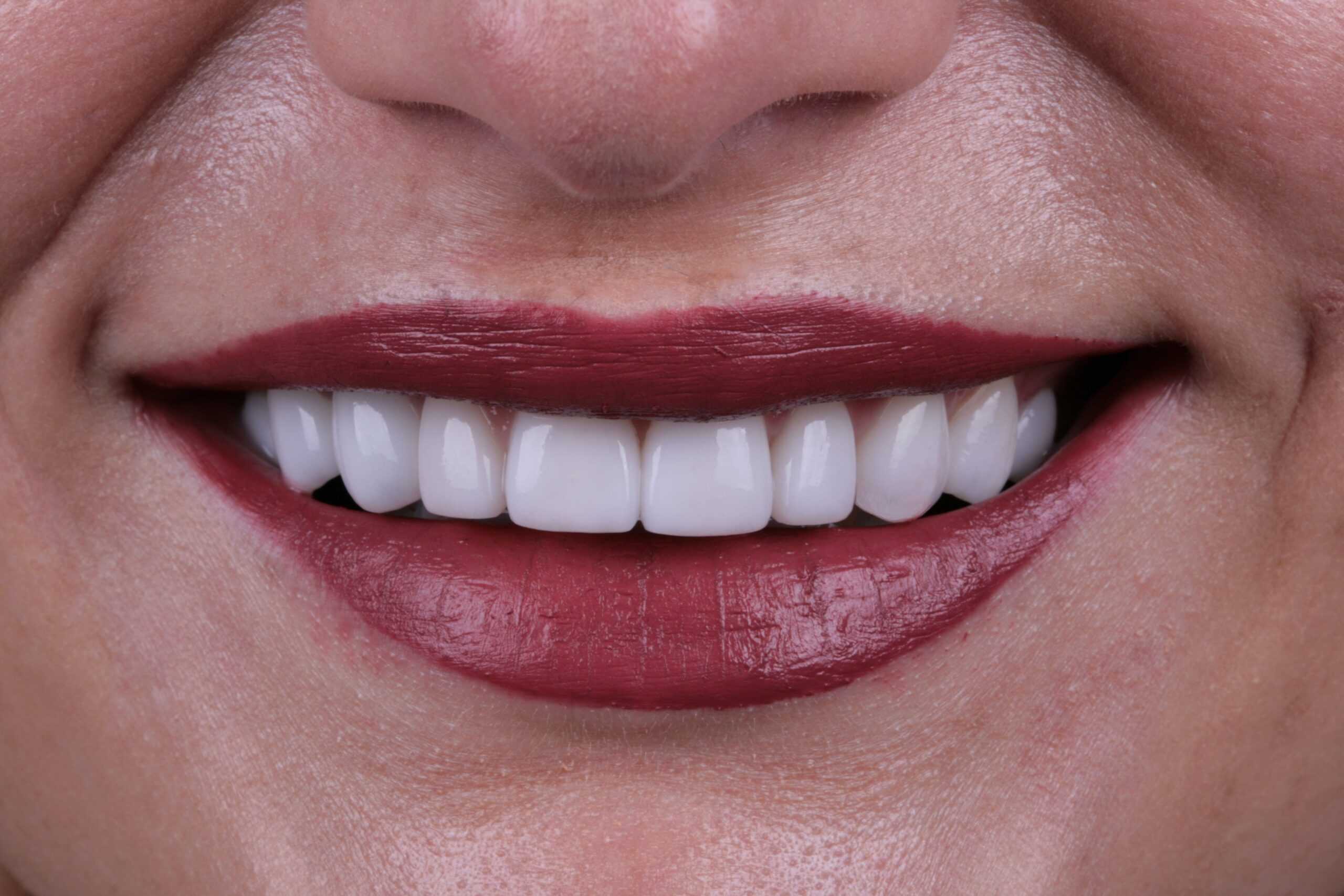
Sleep apnea is one of the most common sleep disorders, and it is caused by irregular breathing patterns during the course of one’s night time sleep cycle. Given that the REM stage is the most crucial for physical and mental recovery and that the frequent episodes (some patients experience multiple each night) of sleep apnea interrupt the process; most people suffer from extreme fatigue during their waking hours.
It is worth pointing out that this condition can also be potentially life-threatening, as it restricts precious airflow. Since sleep apnea only occurs at night, a majority of individuals are never aware they even have it. Oftentimes a spouse will be the one to notice the symptoms, but you may want to see your doctor if you are feeling more tired than usual. A simple sleep test will reveal whether you have the disorder, and your doctor will take the appropriate measures to counteract its effects.
How Sleep Apnea and the Dental Field are Connected
Despite being a medical condition caused by a malfunctioning throat tissue, the treatment methods for sleep apnea entail the use of dental devices. Two options are available to treat the disorder, and those are oral appliances (OAs) and continuous positive airway pressure (CPAP). Patients who are suffering from mild to moderate sleep apnea are generally prescribed OAs, especially if the individual’s condition does not improve with the use of CPAP.
Though simple in design, an OA (a device resembling an oral retainer or mouth guard) can work wonders for people who are diagnosed with Obstructive Sleep Apnea. Why? The custom fit mold works to keep the patient’s tongue and soft tissues responsible for restricting air flow from collapsing during the night. This means there are no interruptions in your sleep cycle and that you are getting adequate amounts of oxygen.
All About OAs
While you can purchase over the counter oral appliances, these are typically not recommended as they are manufactured in only one size; the mold may be loose and not properly prevent the tissues from closing. If you have sleep apnea, the best option is to get a custom-fit device directly from your dentist.
It may cost more up front, but you will know that it is working. Due to the many variables at work, the evaluation process can take some time. It may take a few weeks or months before you can get the appliance, in which case your dentist will prescribe other treatment methods for your sleep apnea.

